- Home | Industry Update | Government Sets 8.19% Capital Return Rate For Jute Bag Supp...
Government Sets 8.19% Capital Return Rate For Jute Bag Suppliers In Foodgrain Packaging
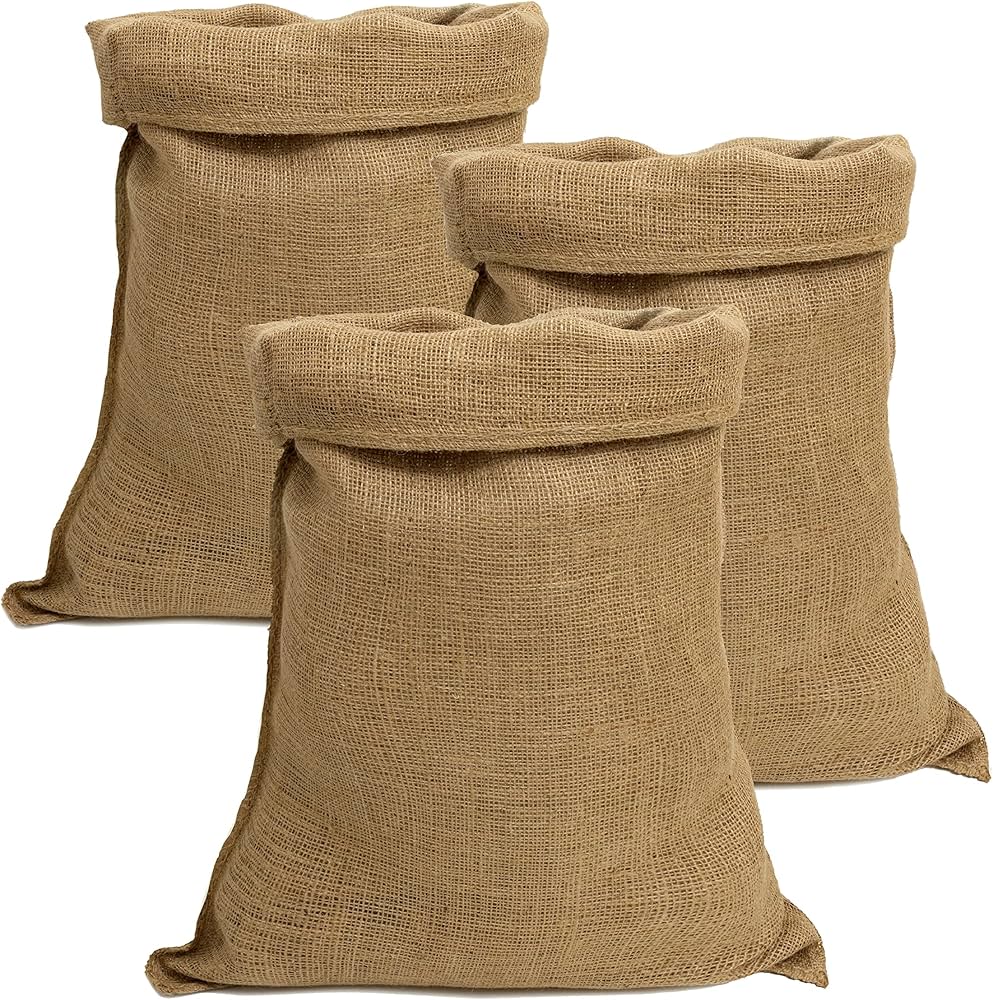
In a significant move to bolster the jute industry, Indian jute mills will now earn an 8.19% return on capital for supplying jute bags used in foodgrain packaging. This development comes under the newly approved pricing framework by the Ministry of Textiles, aimed at stabilizing the sector and benefiting all stakeholders, including mills, workers, and farmers.
The new pricing policy, effective retrospectively from September 2016, ensures that jute mills receive a fixed return on their capital investment, safeguarding them against market volatility. According to a senior official from the Ministry, this measure is expected to provide a consistent income stream for jute mills, allowing them to focus on modernizing and innovating their production processes to enhance the value of finished jute goods.
The Indian Jute Mills Association (IJMA) predicts that the implementation of this framework will lead to a modest 4-5% increase in the price of gunny sack supplies. However, the Office of the Jute Commissioner estimates a slightly higher impact, projecting a 6-8% rise in prices due to the adjustments made under the new pricing policy, which followed recommendations from the Tariff Commission.
"The overall benefit from the current price revision in sacking bags for mills is anticipated to be between 6% and 8%, taking into account the comprehensive aspects of the new pricing mechanism," stated Jute Commissioner Moloy Chandan Chakrabortty in a statement to PTI.
This pricing revision not only aims to ensure fair compensation for jute mills but also incentivizes them to adopt innovative practices and modernize their operations. By doing so, the government hopes to enhance the competitiveness of jute products in both domestic and international markets while continuing its support for eco-friendly packaging solutions.
11:41 AM, Jan 08
Source : Government Sets 8.19% Capital Return Rate For Jute Bag Suppliers In Foodgrain Packaging
Other Related Topics
Industry Update

Kolkata Set to Become Textile Sourcing Hub as YARNEX and TEXINDIA Return in January 2026...view more

India Textile Industry 2025 Review: How US Tariffs Hit Exports, and the Road to Recovery...view more

Europe’s Textile Sector Alarms as Ultra-Fast Fashion Firms Partner With Postal Operators...view more

Indorama Ventures Pioneers Scalable Bio-Based PET Fibers for a Low-Carbon Textile Future...view more

Carrington Textiles Introduces Defence Stock Range for Faster Access to Military Fabrics...view more



.webp)
.webp)


.webp)
1.webp)
.webp)


1.webp)






1.webp)

1.webp)

1.webp)





1.webp)



1.webp)
1.webp)
1.webp)


1.webp)
1.webp)

1.webp)



1.webp)


1.webp)
1.webp)
1.webp)


1.webp)
1.webp)
1.webp)

1.webp)






1.webp)


1.webp)
1.webp)






1.webp)





1.webp)






1.webp)

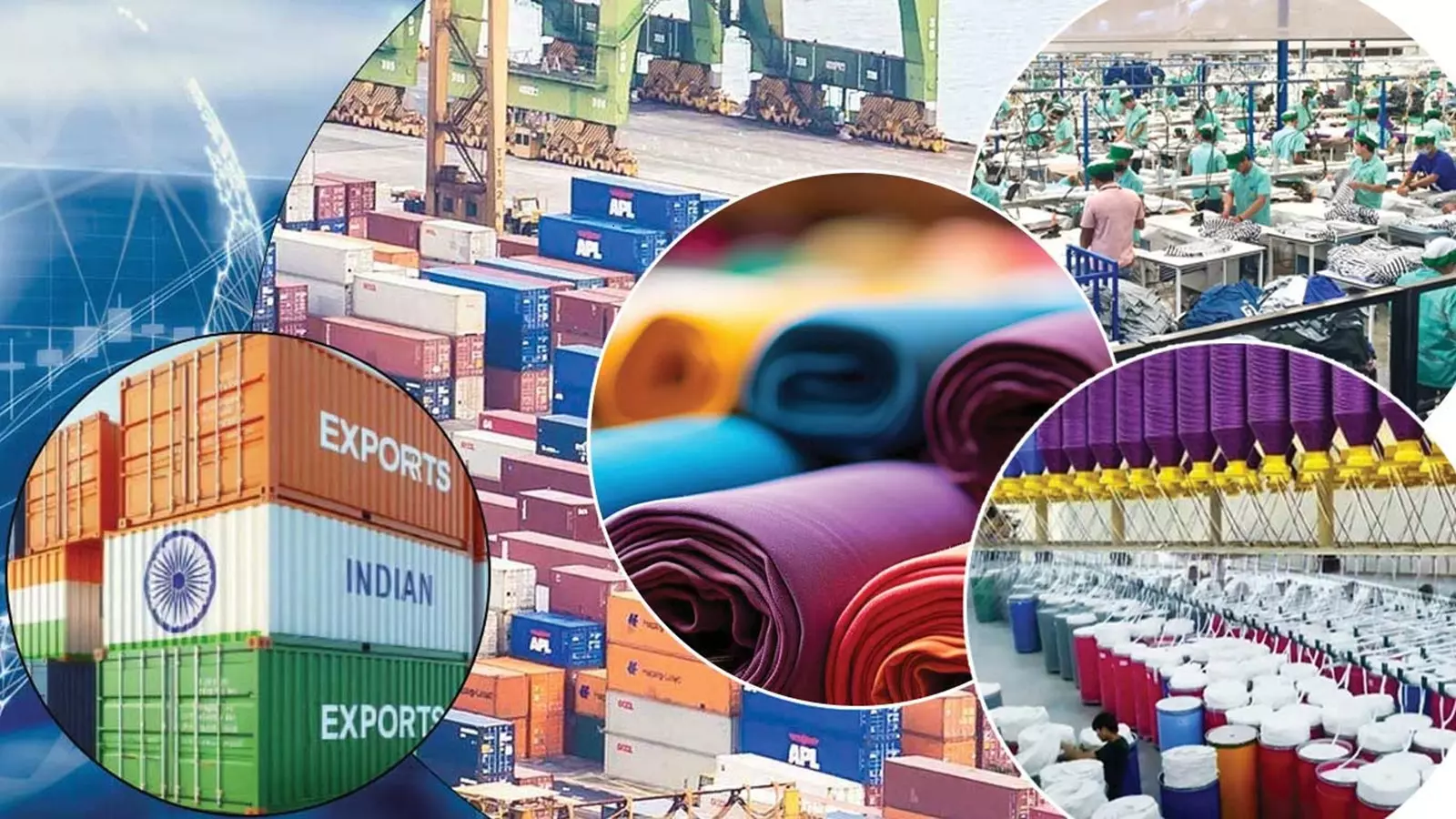


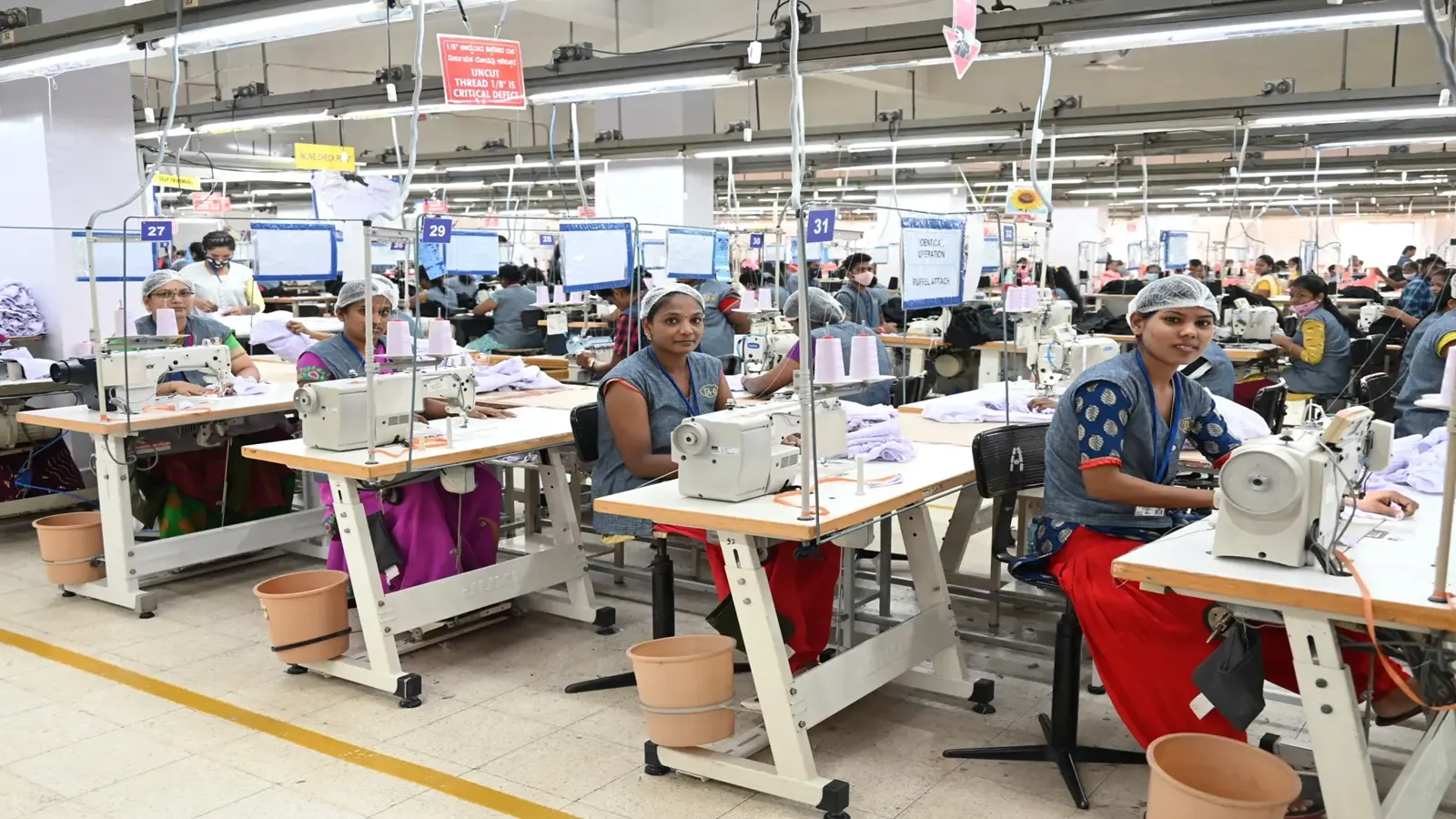

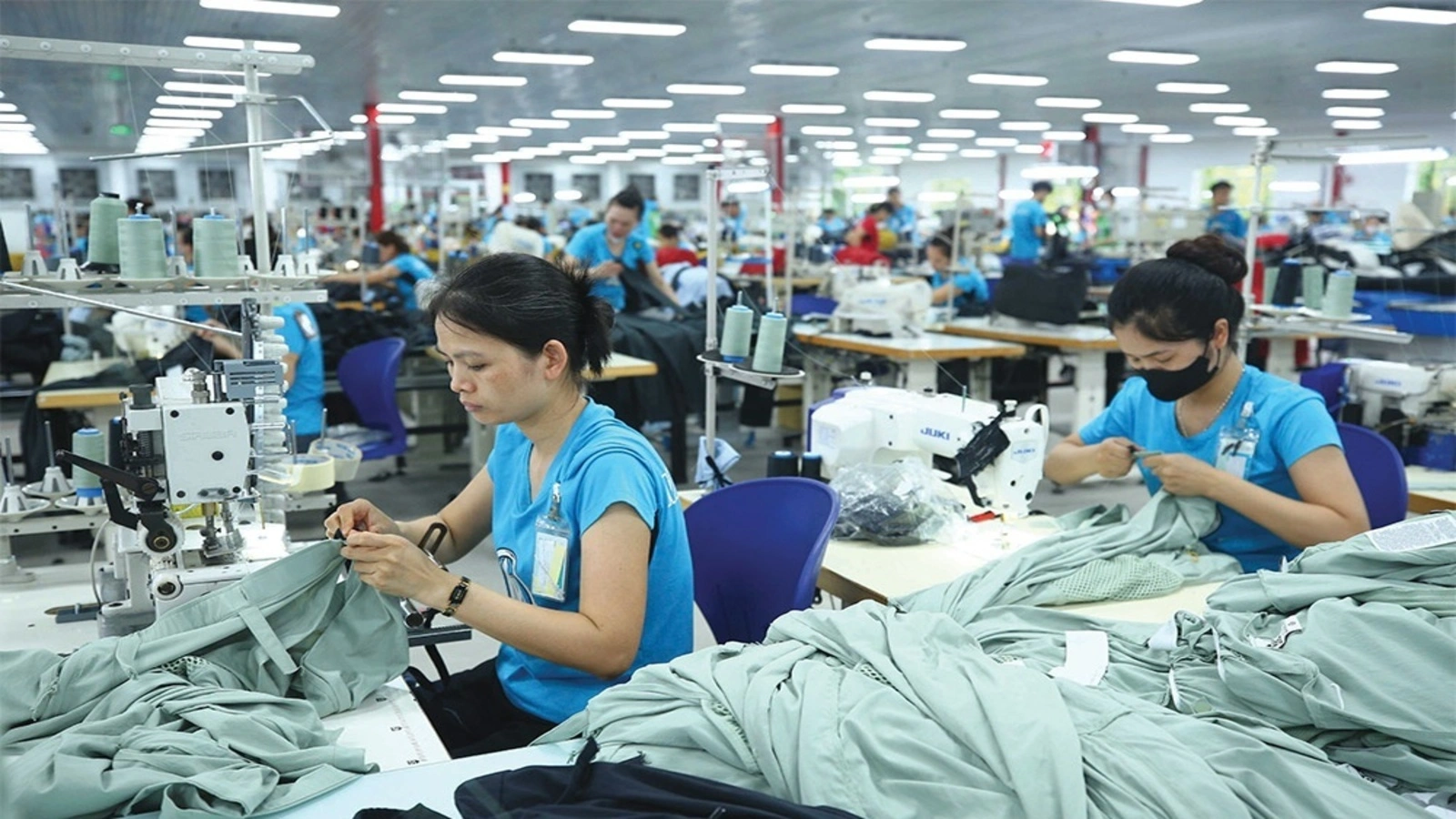
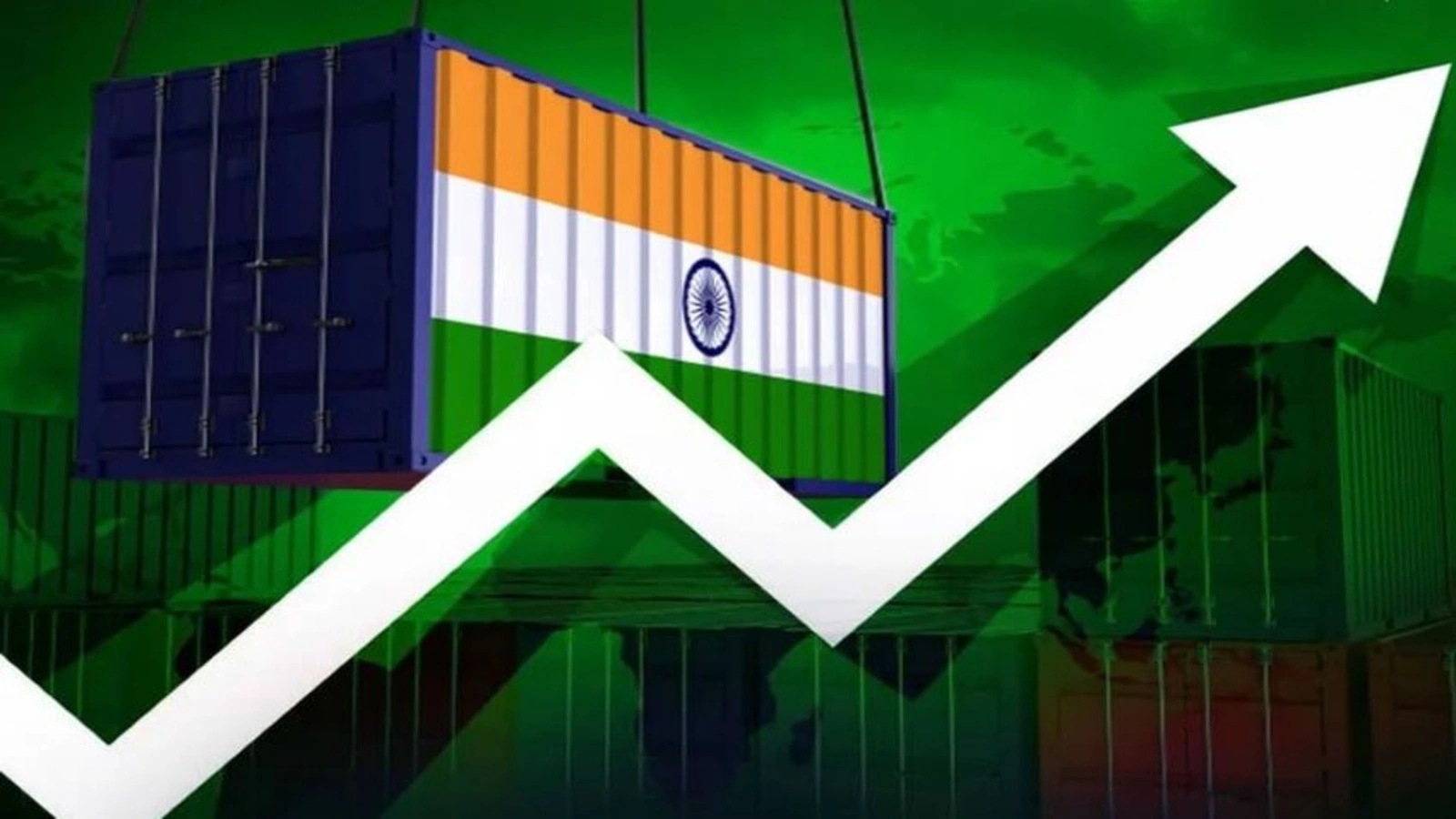
1.webp)
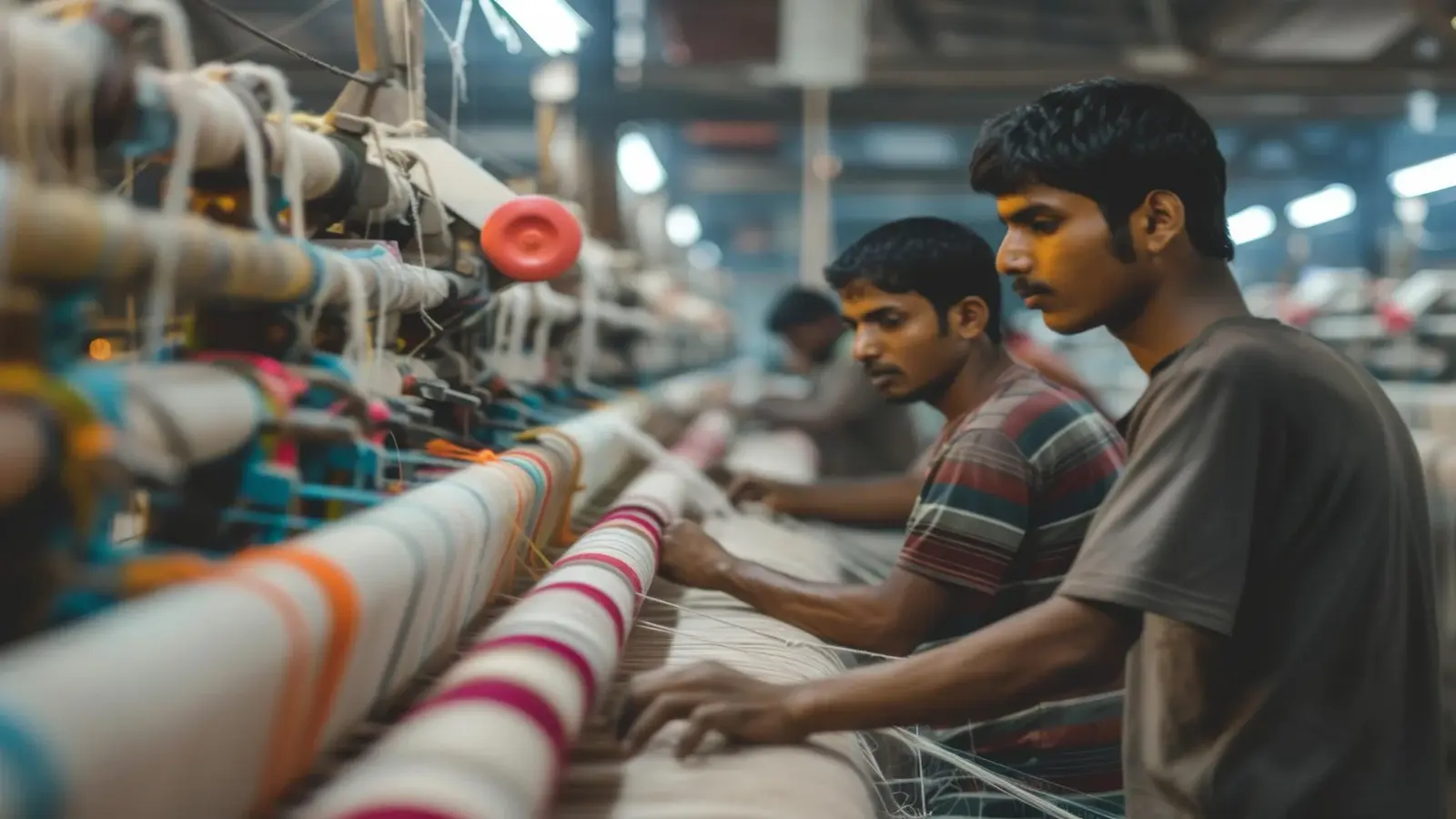



1.webp)







1.webp)



1.webp)
1.webp)

1.webp)
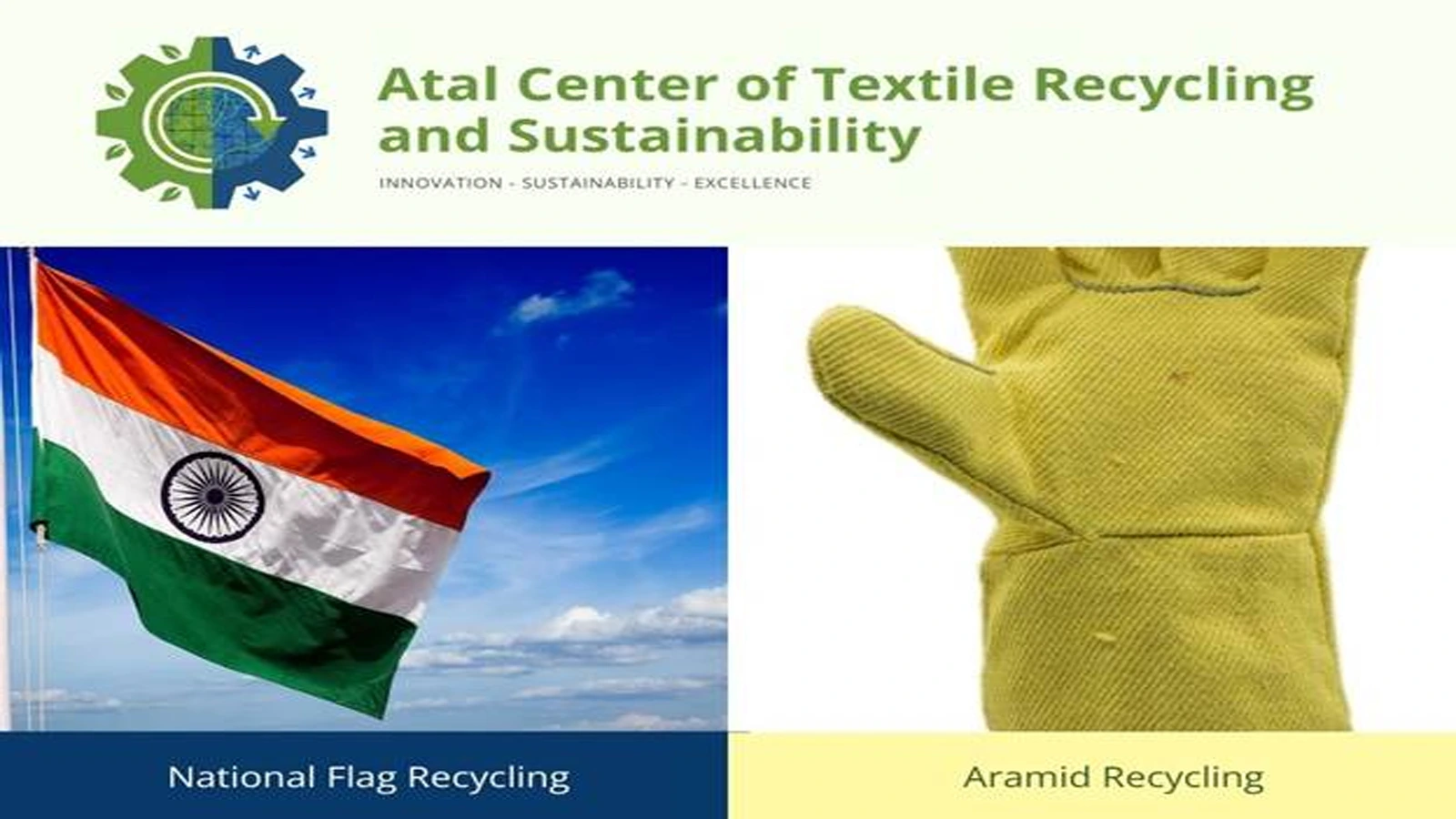
1.webp)

1.webp)

.webp)



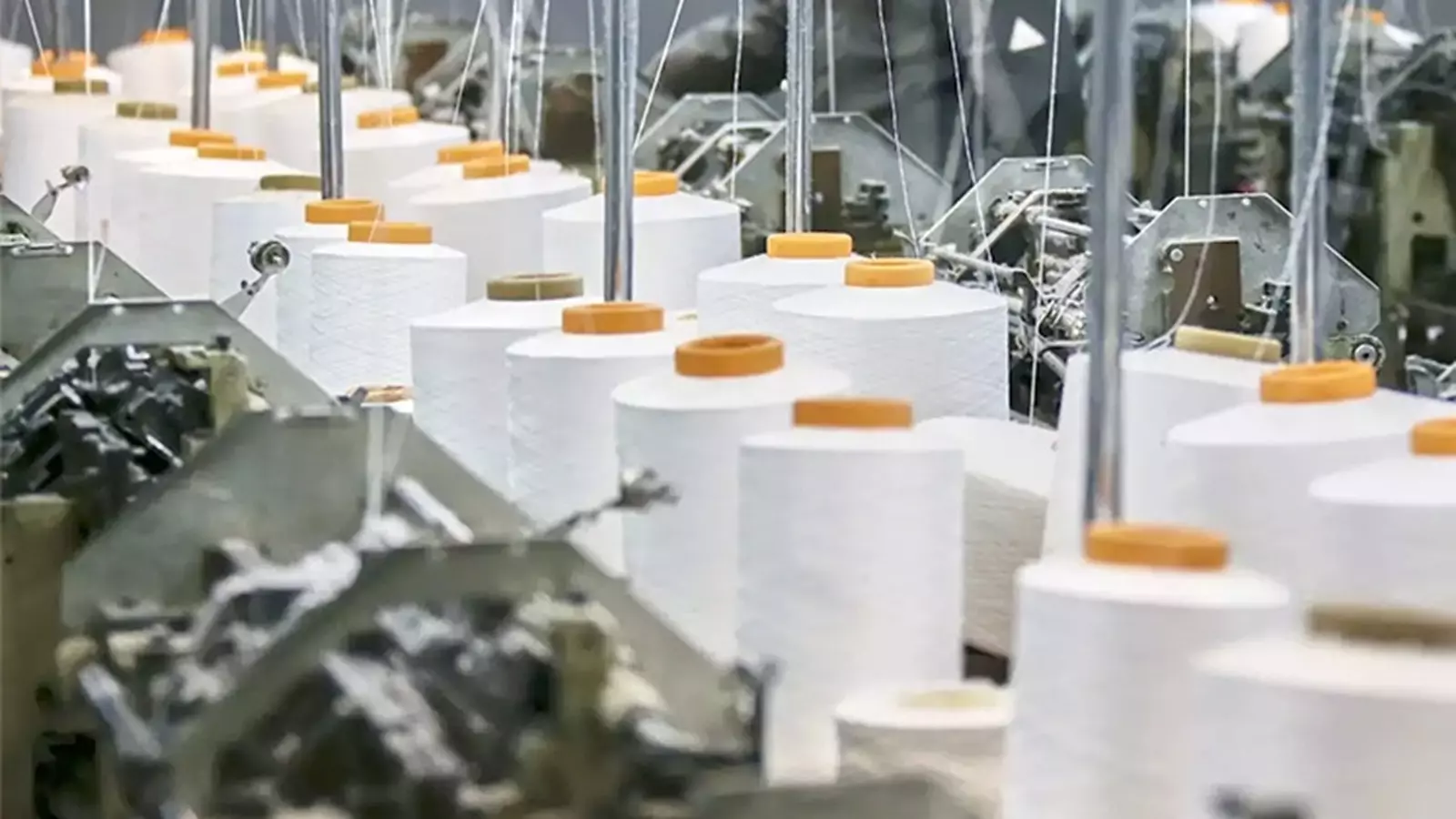
1.webp)
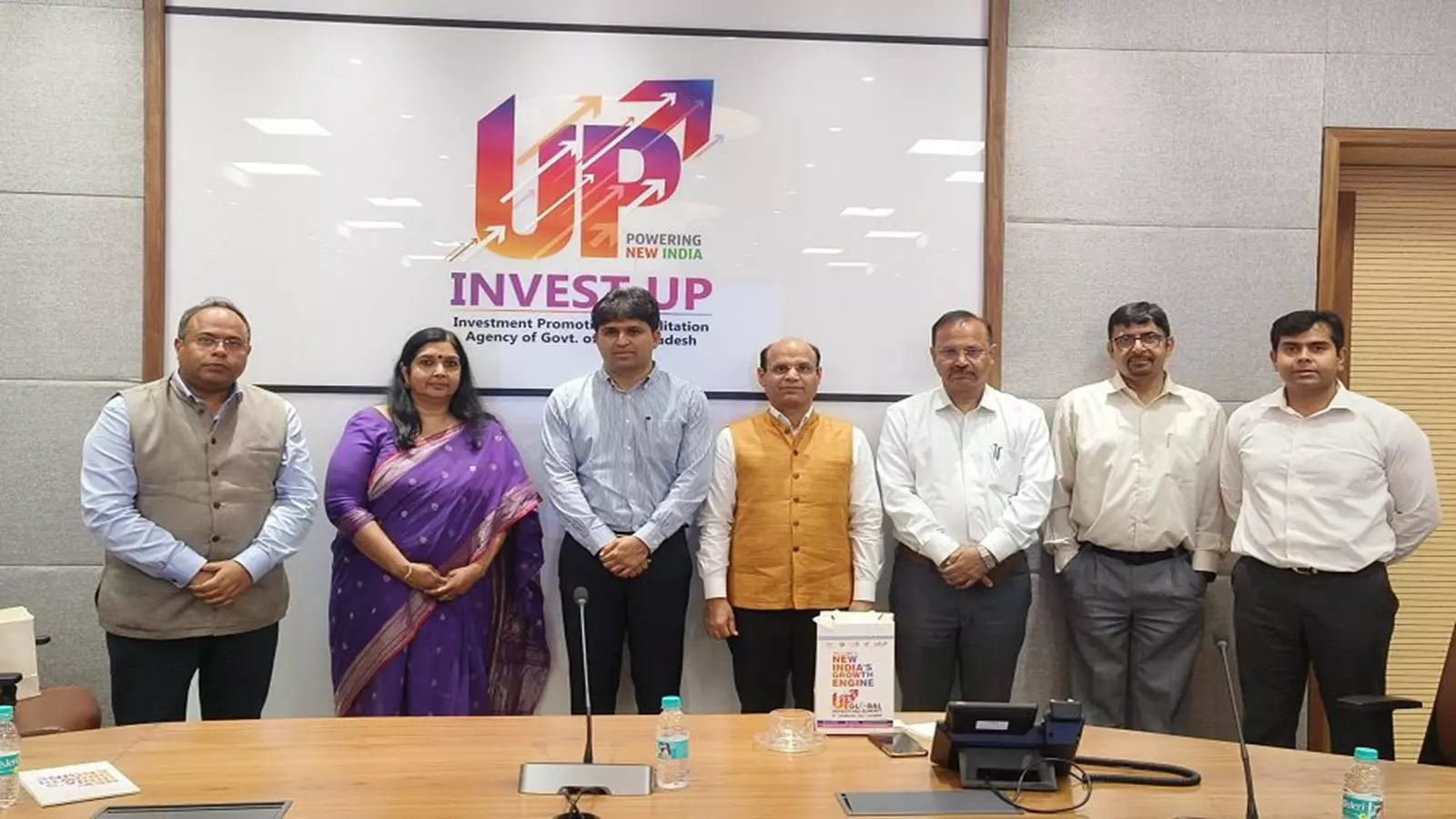
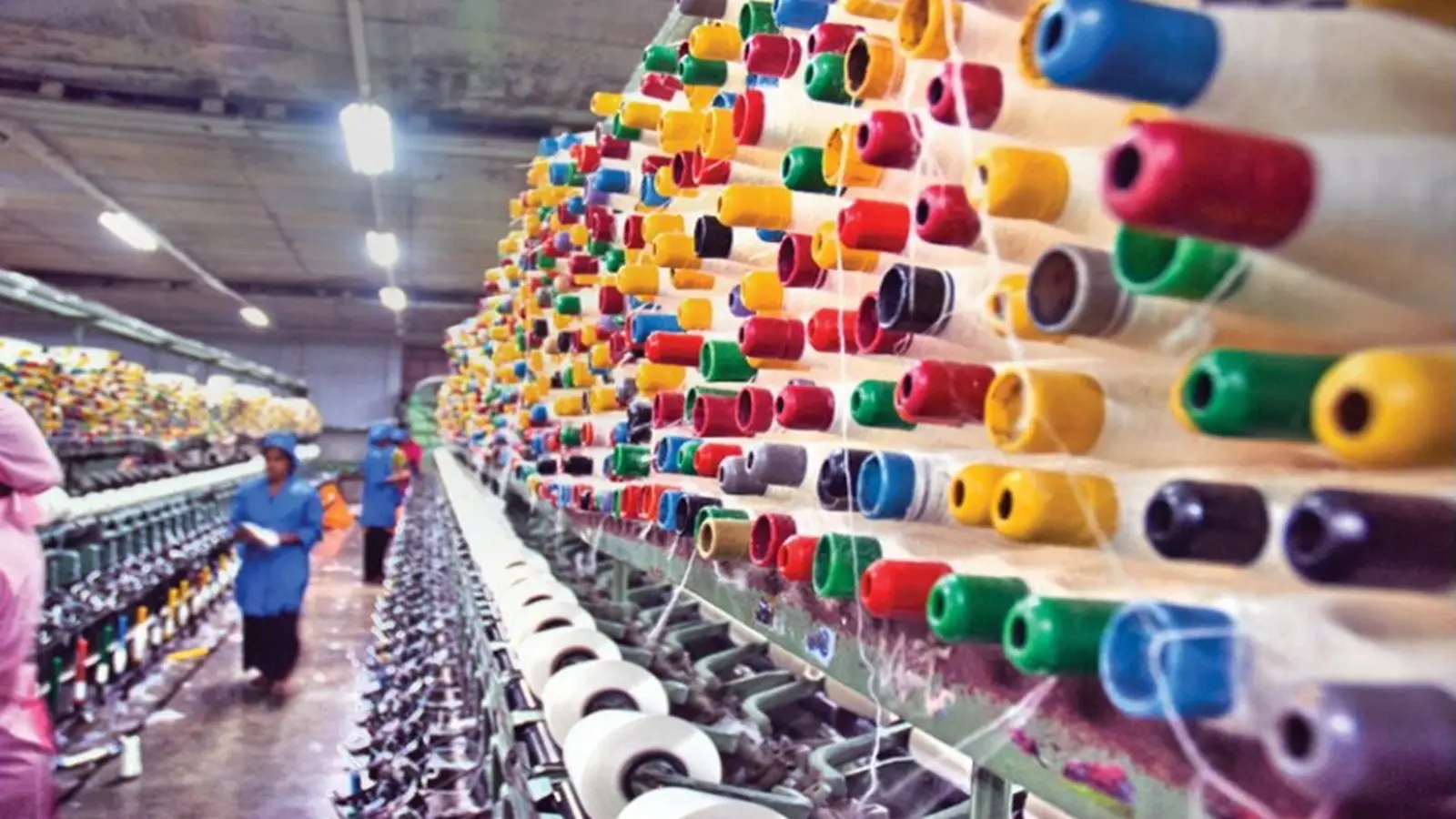
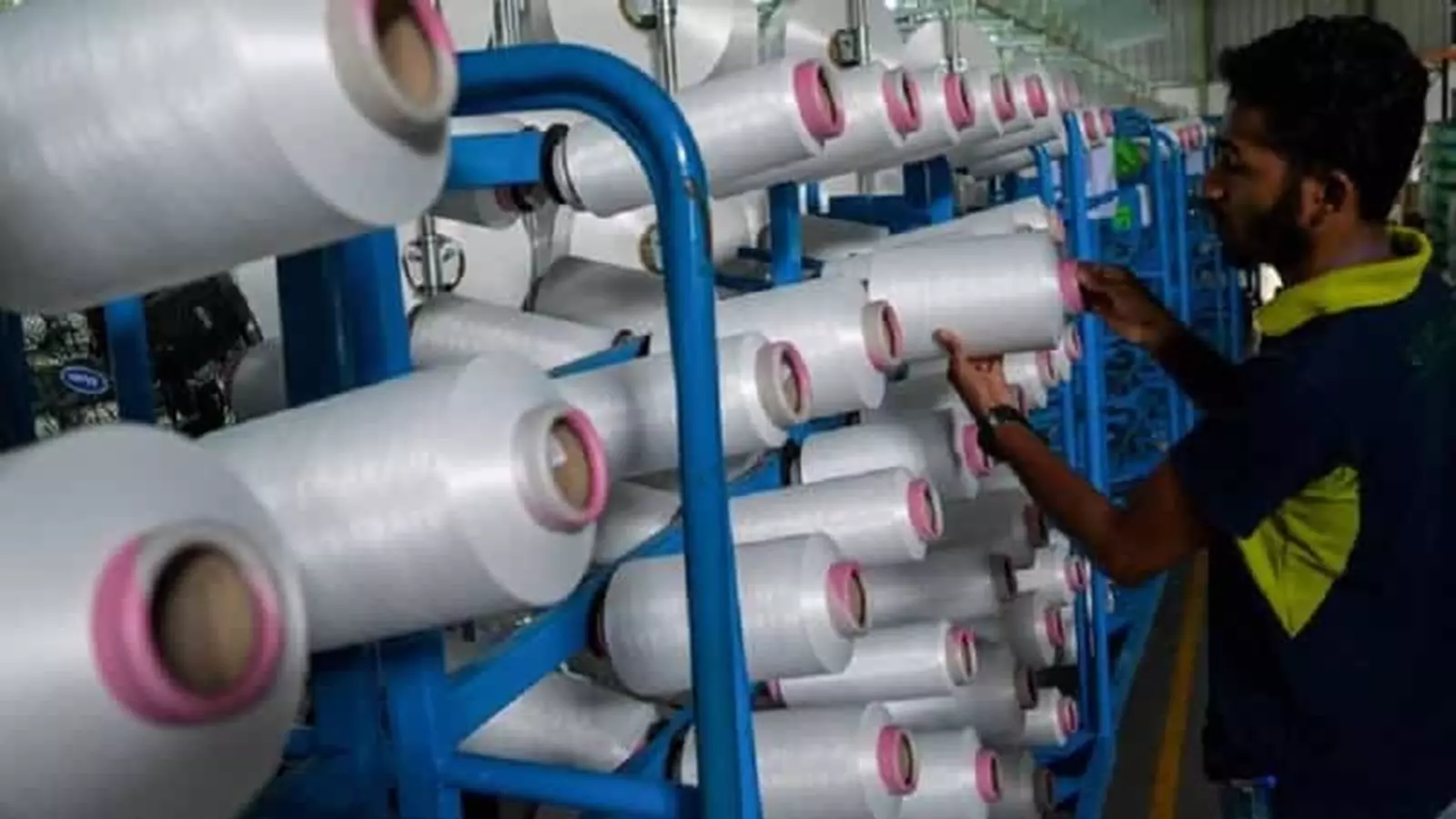

1.webp)











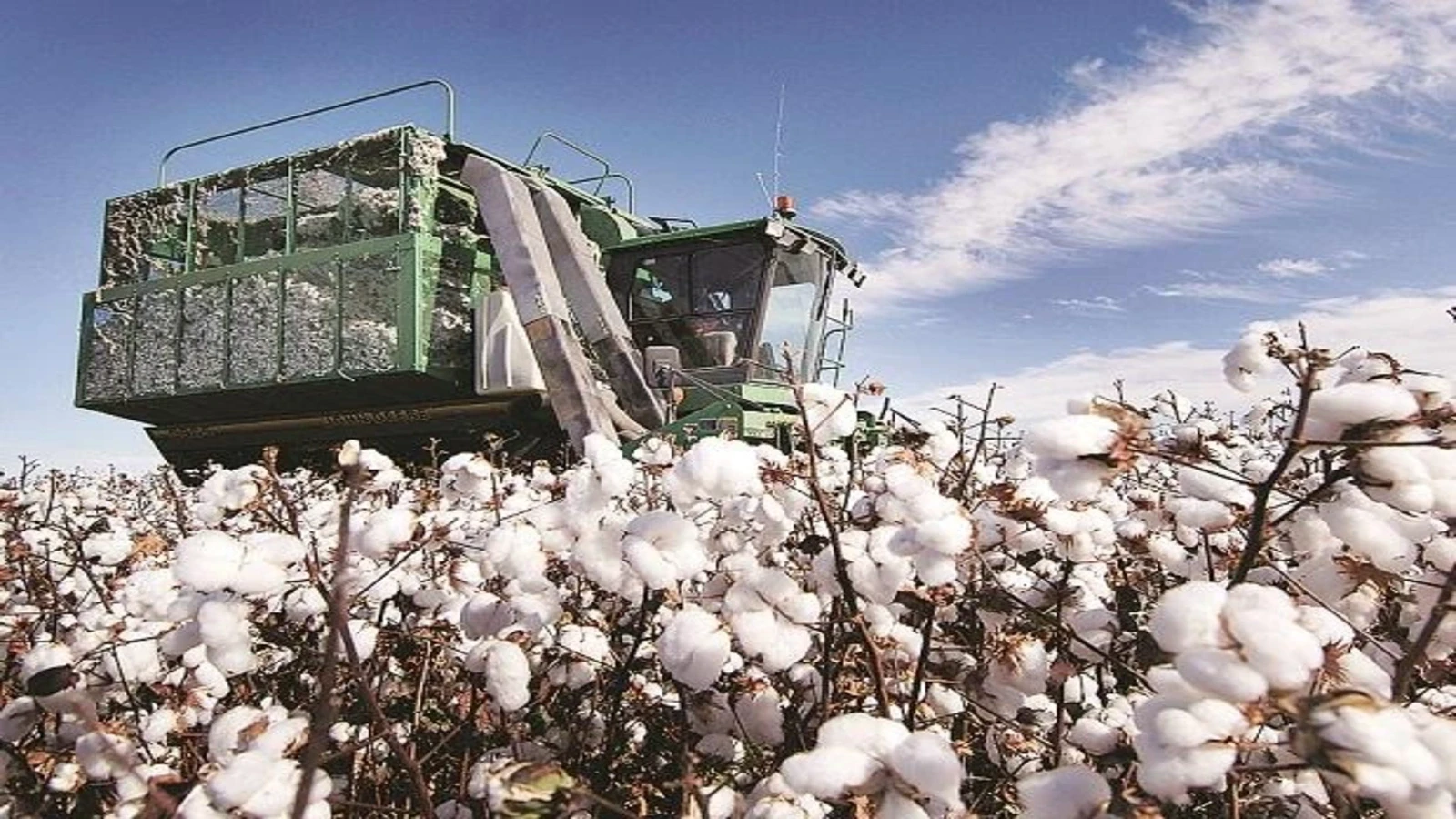
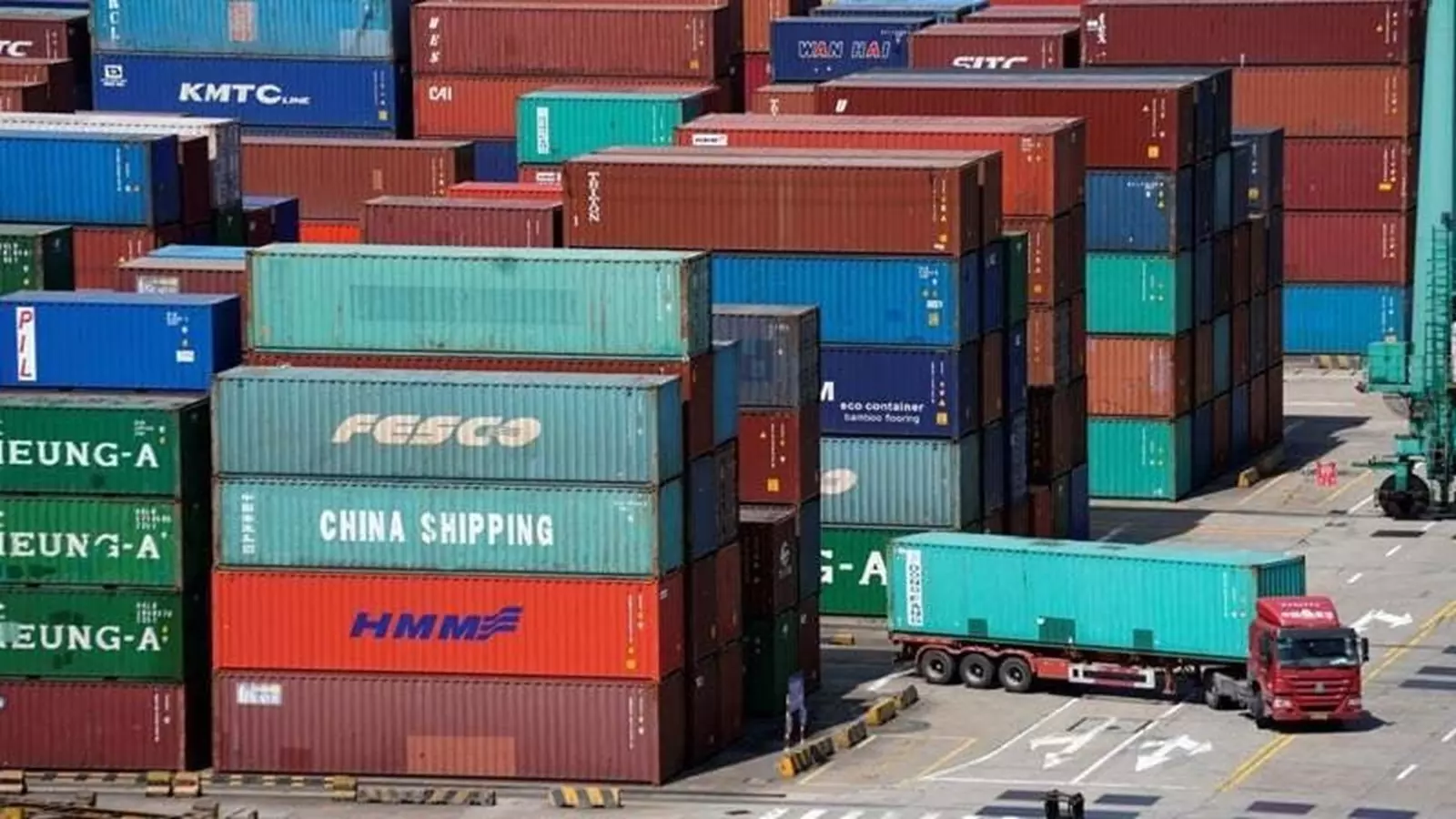

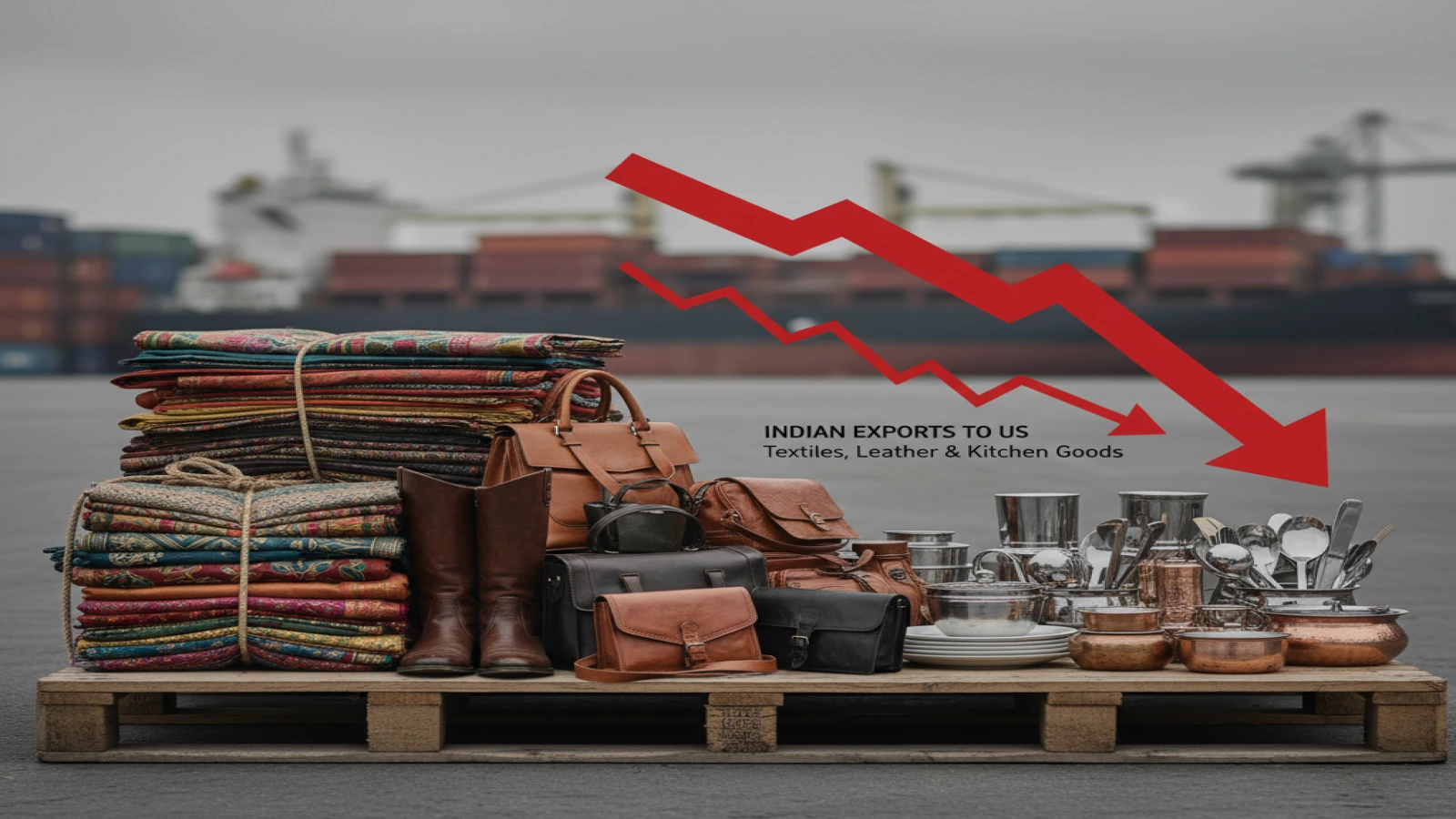
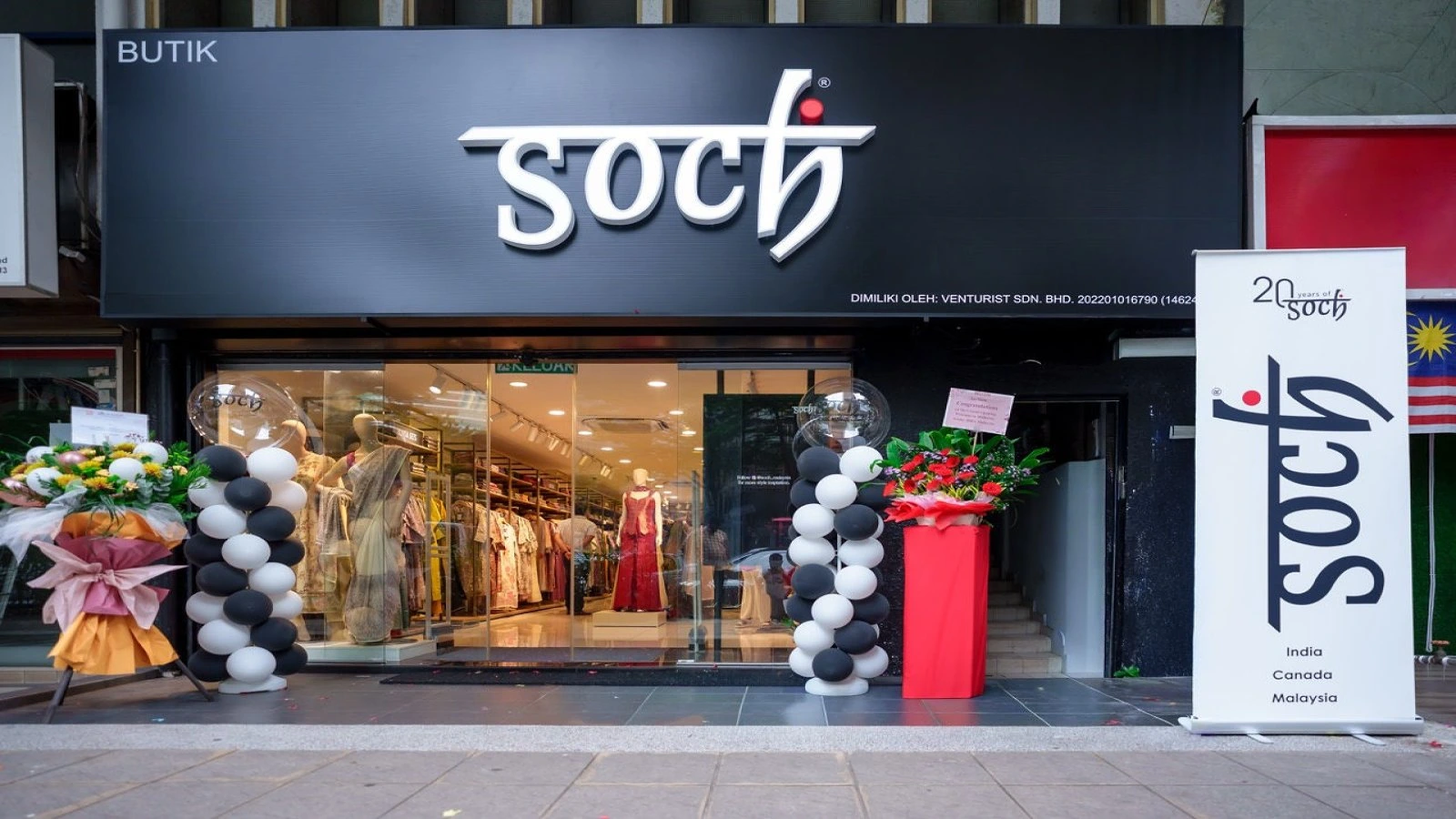
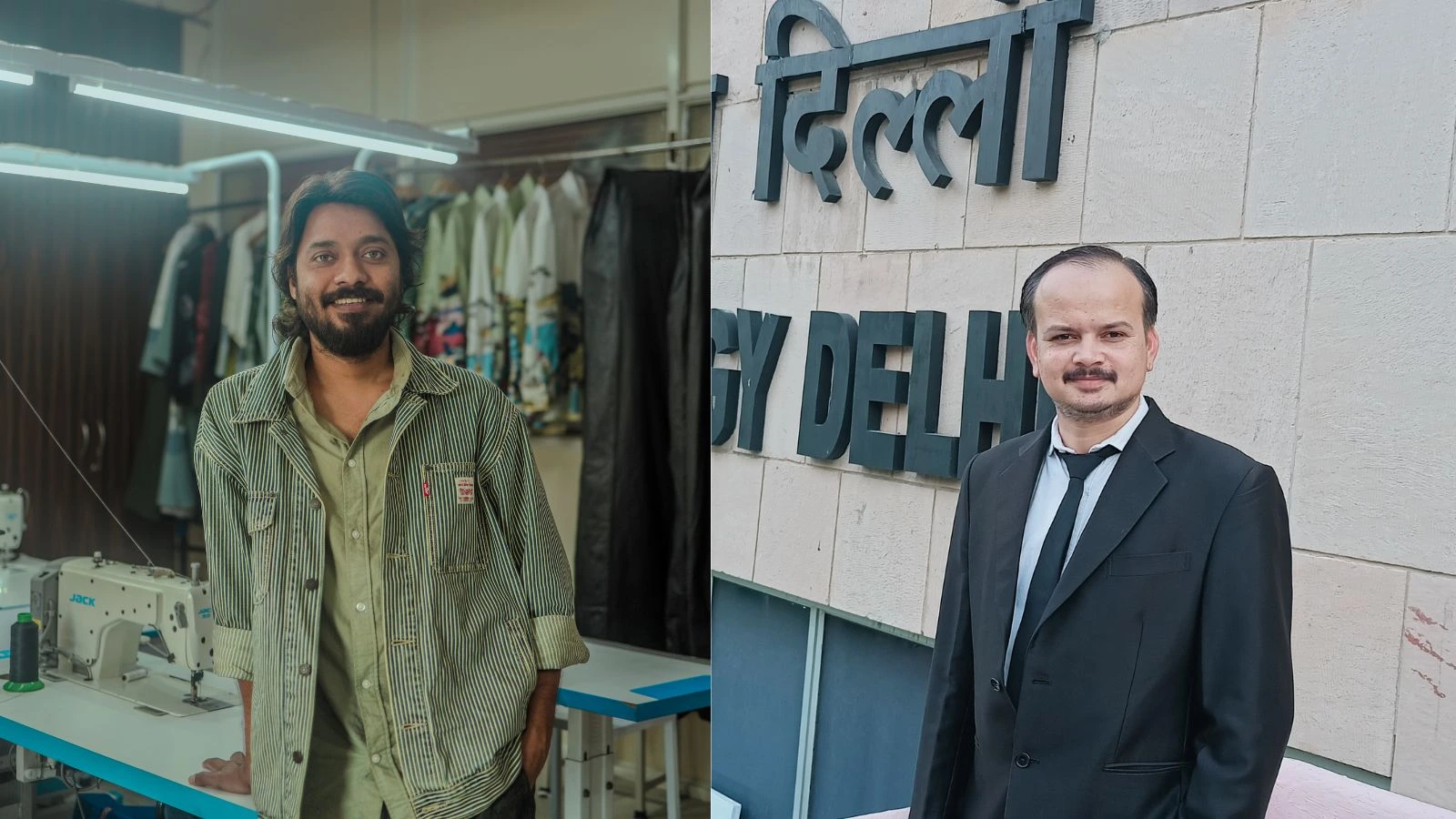

1.webp)
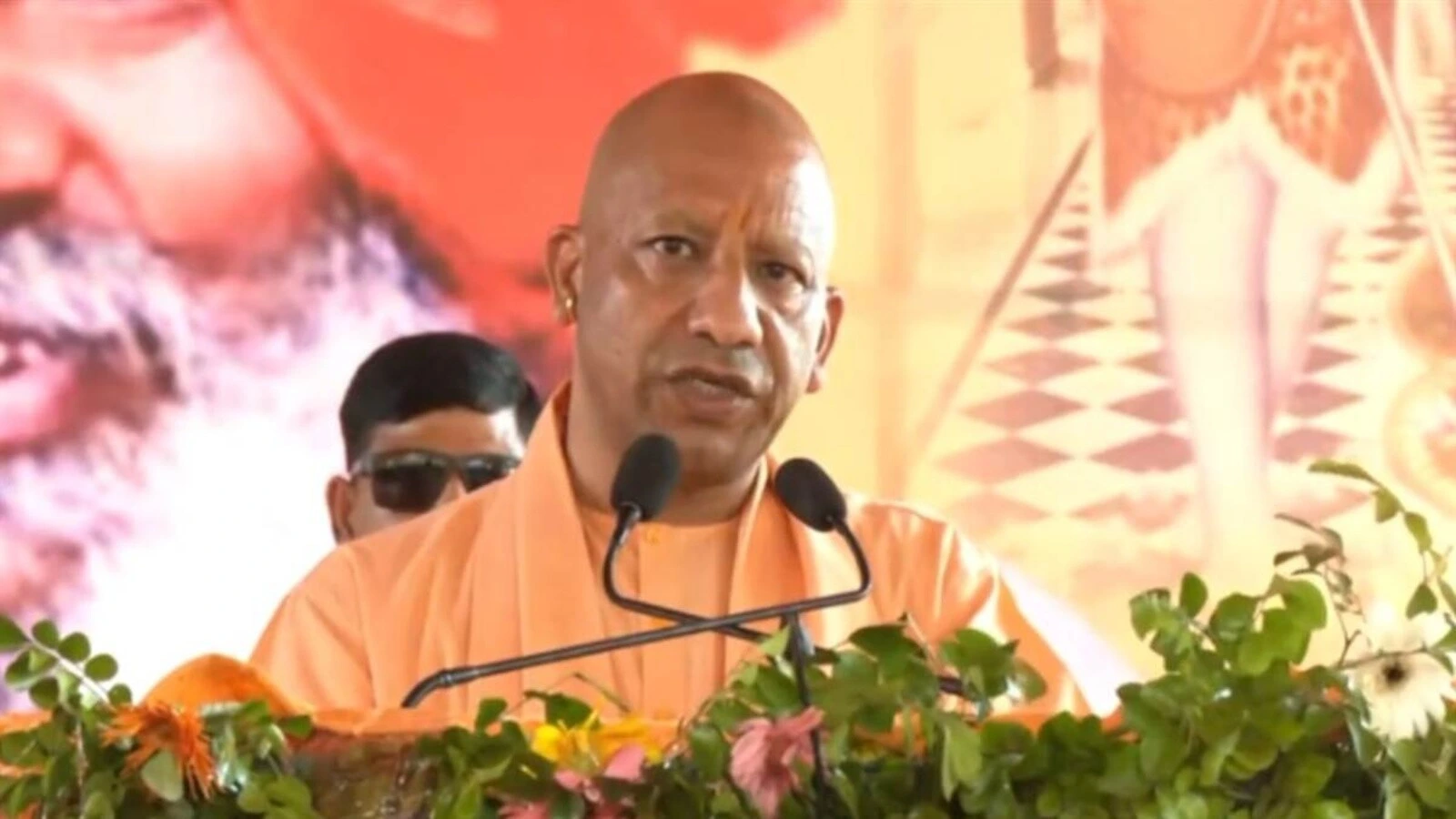


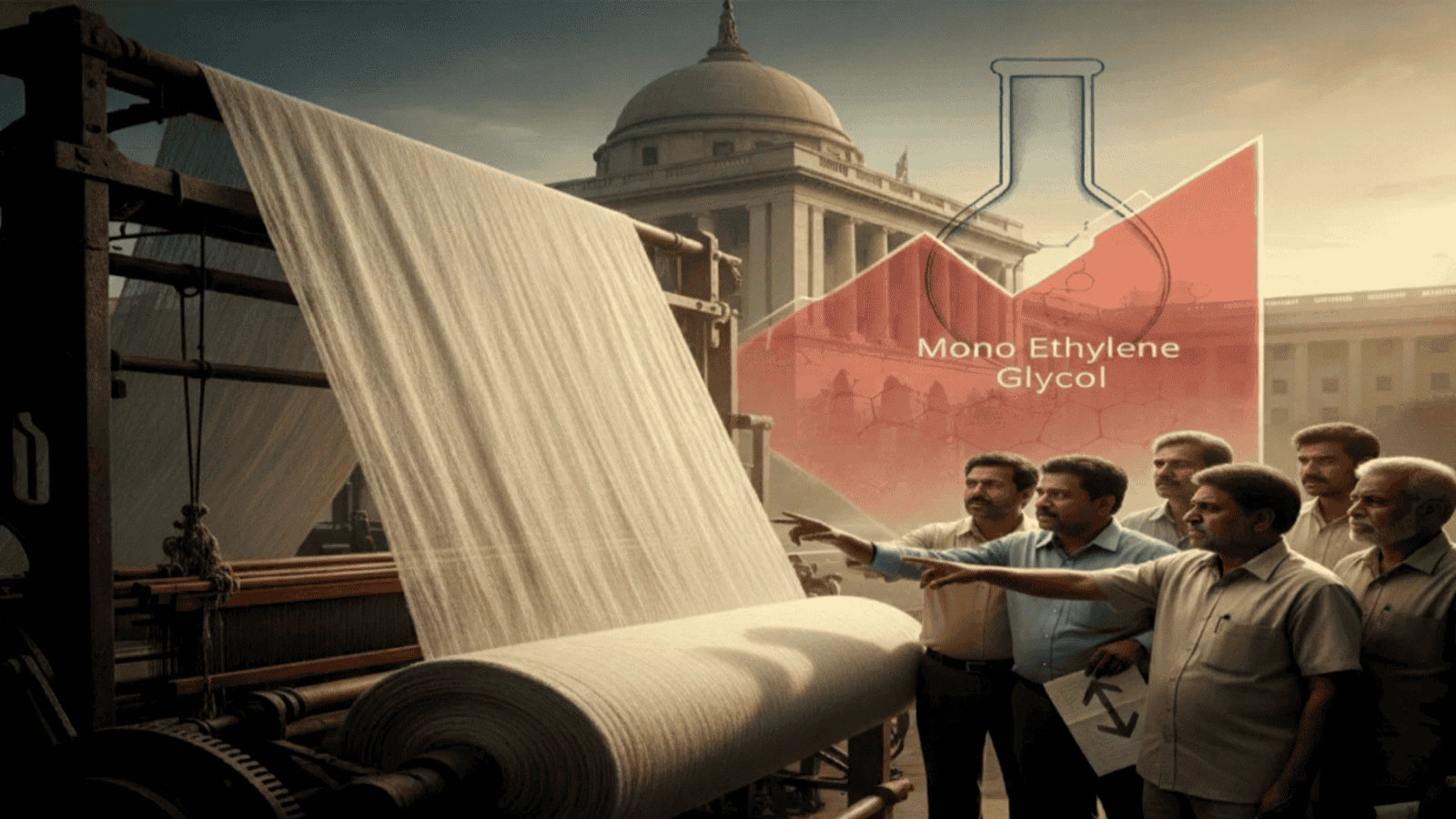


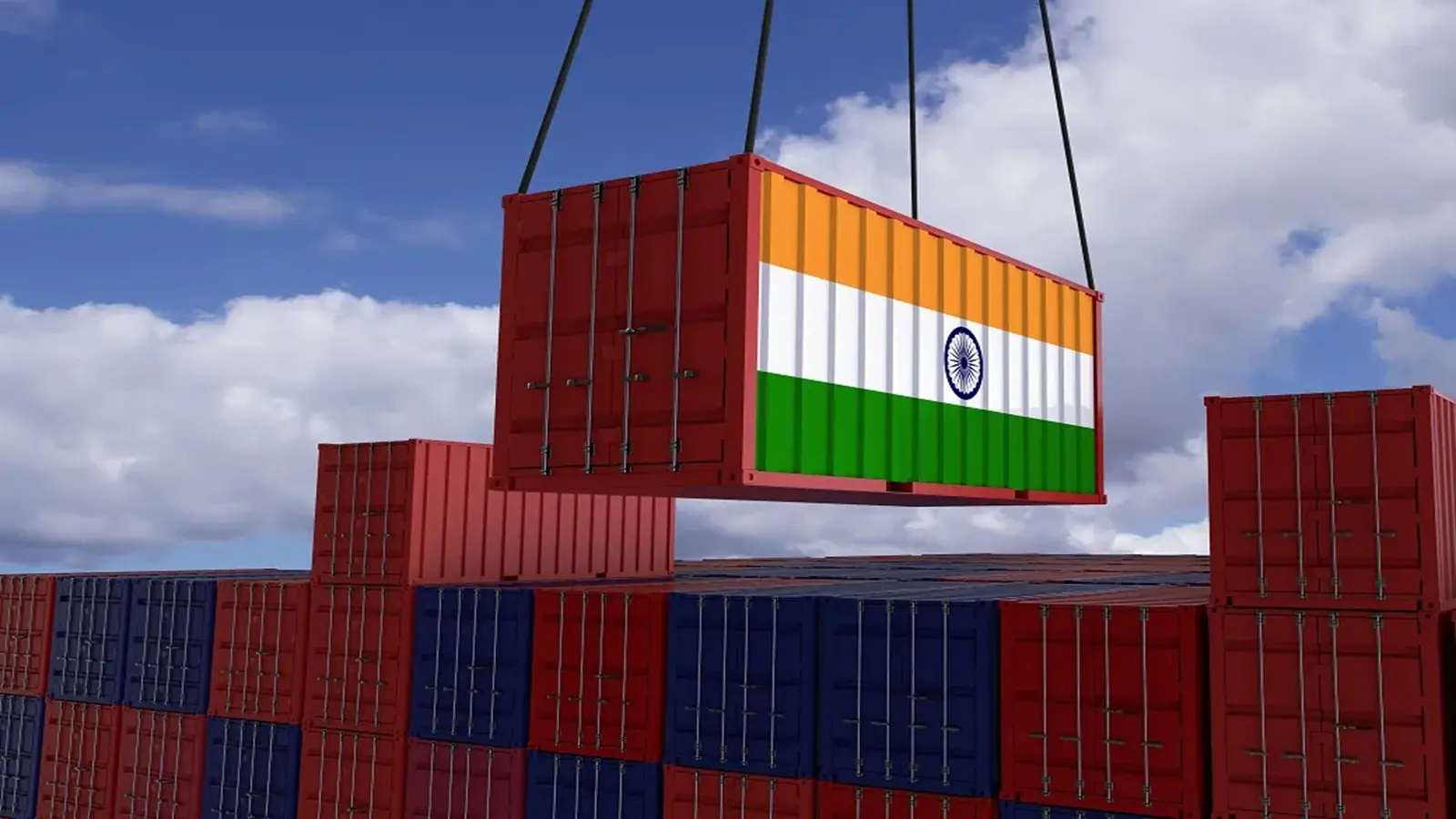
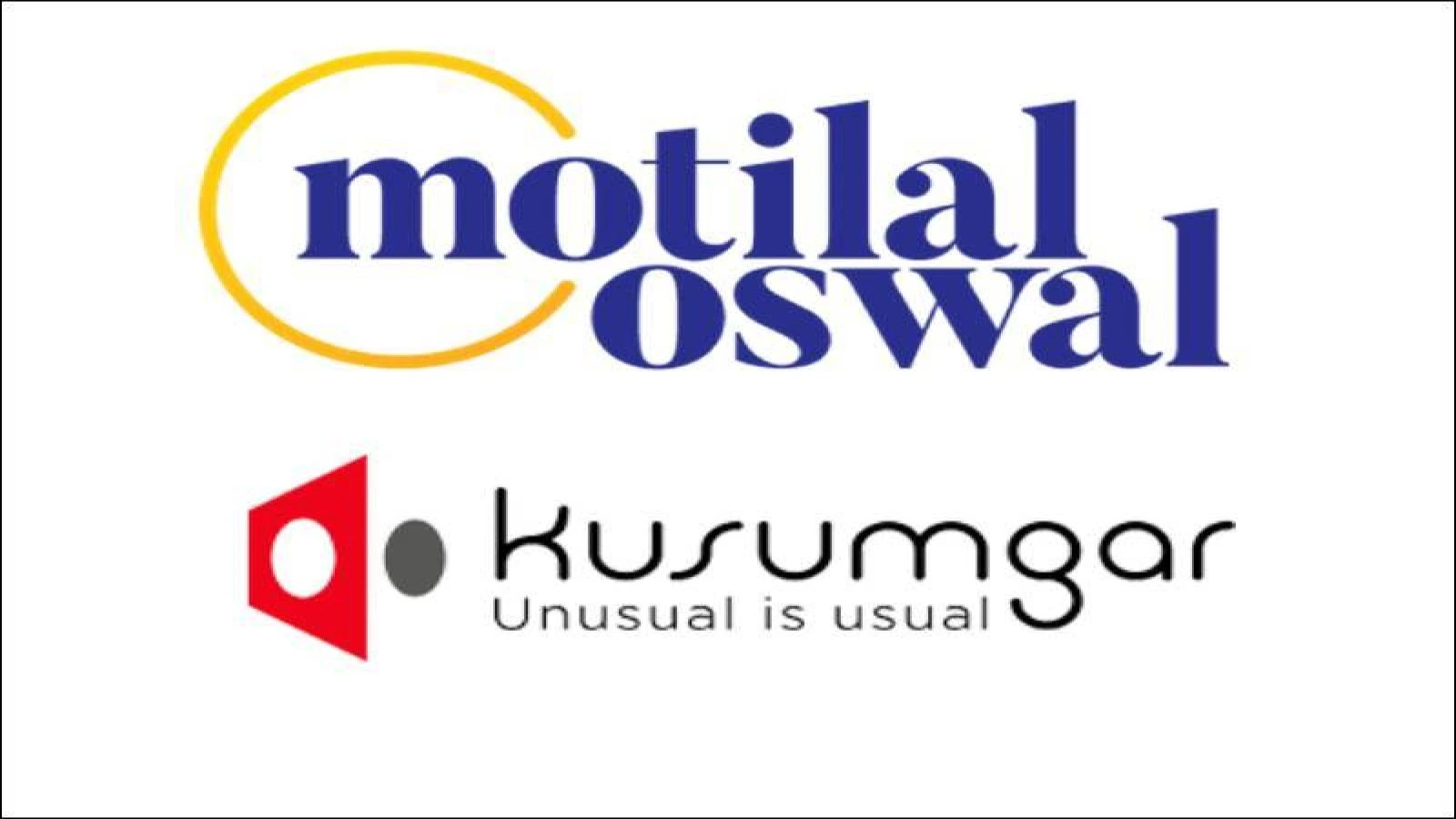
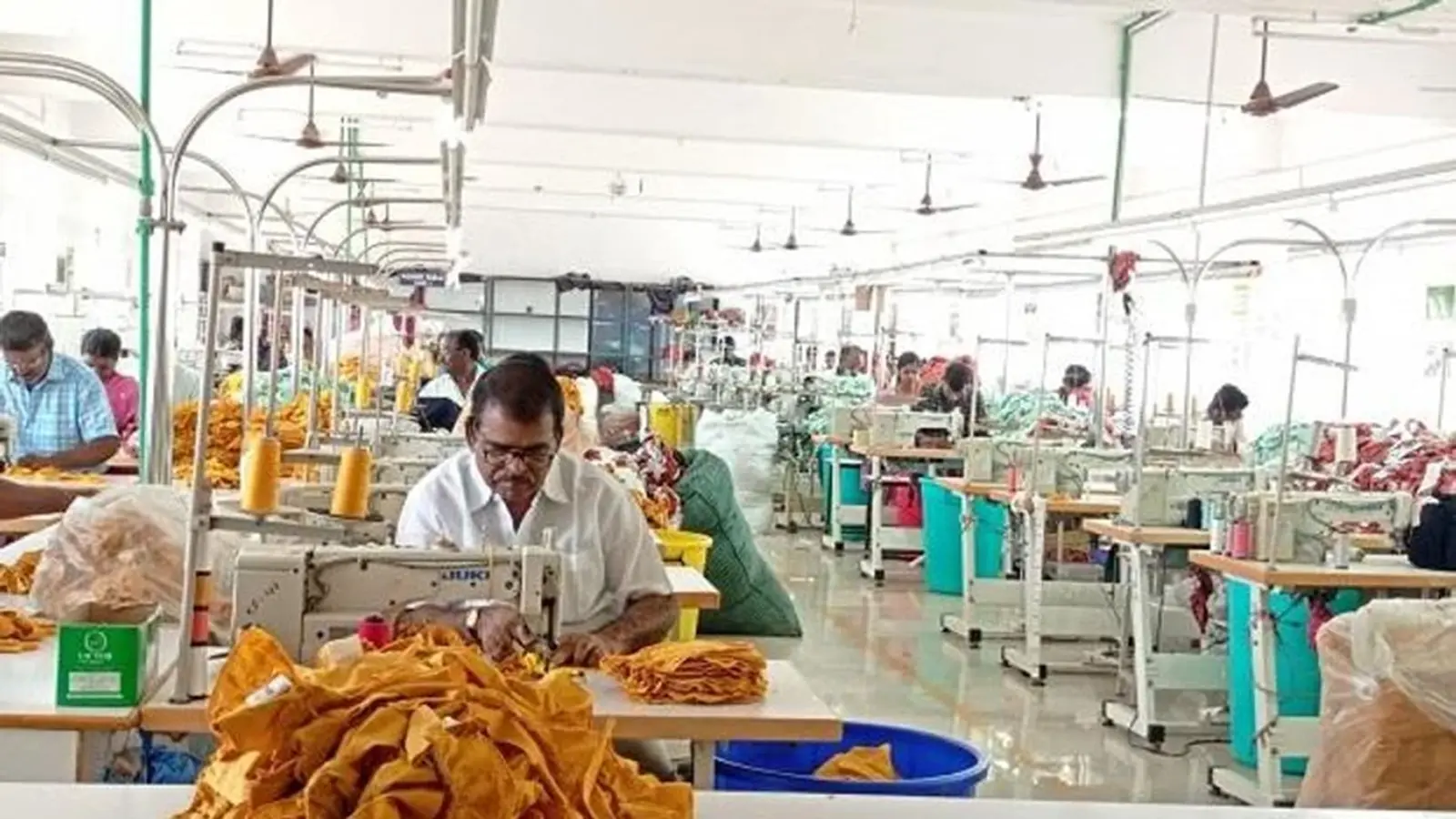
.webp)



1.webp)


1.webp)

1.webp)




























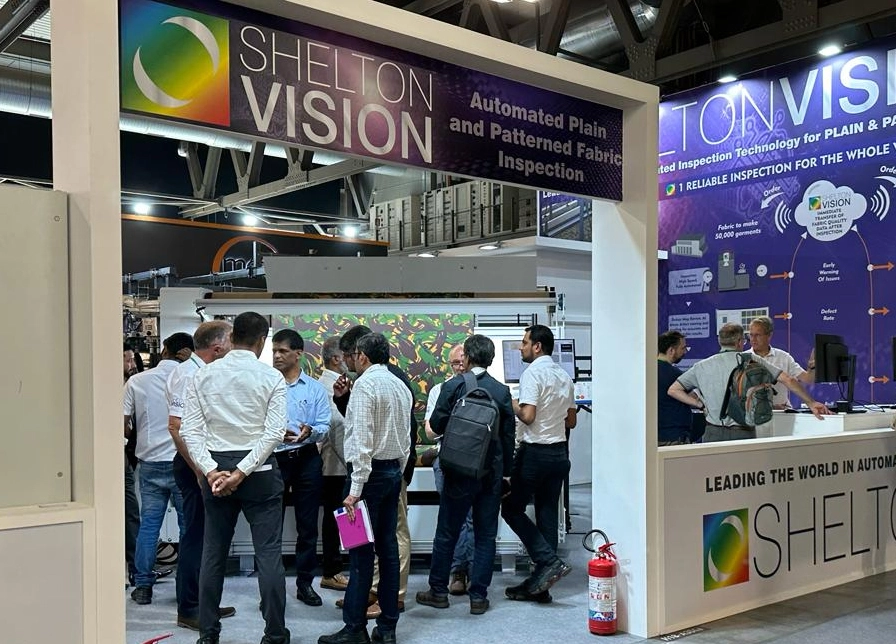






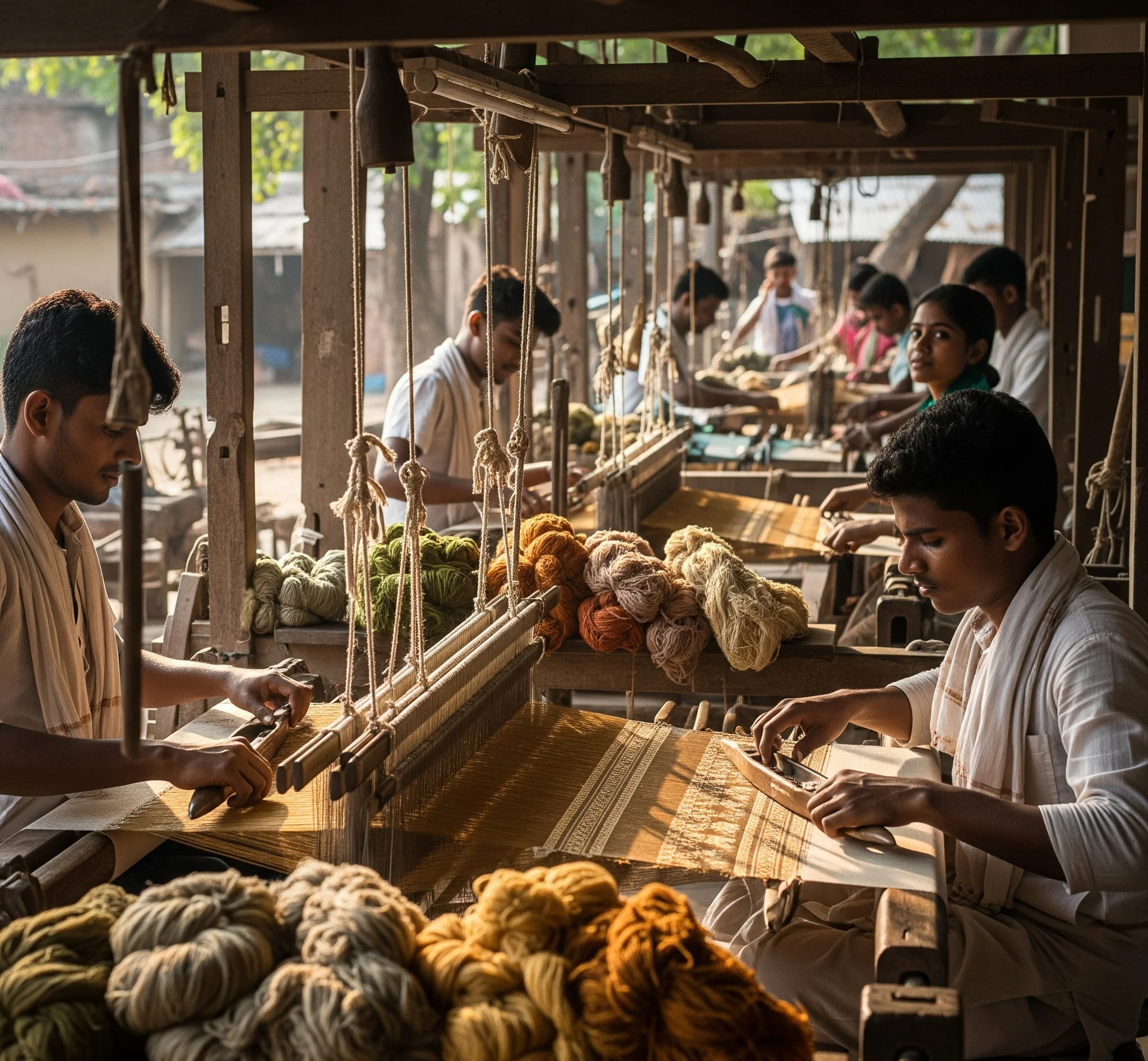





1.webp)



1.webp)
1.webp)


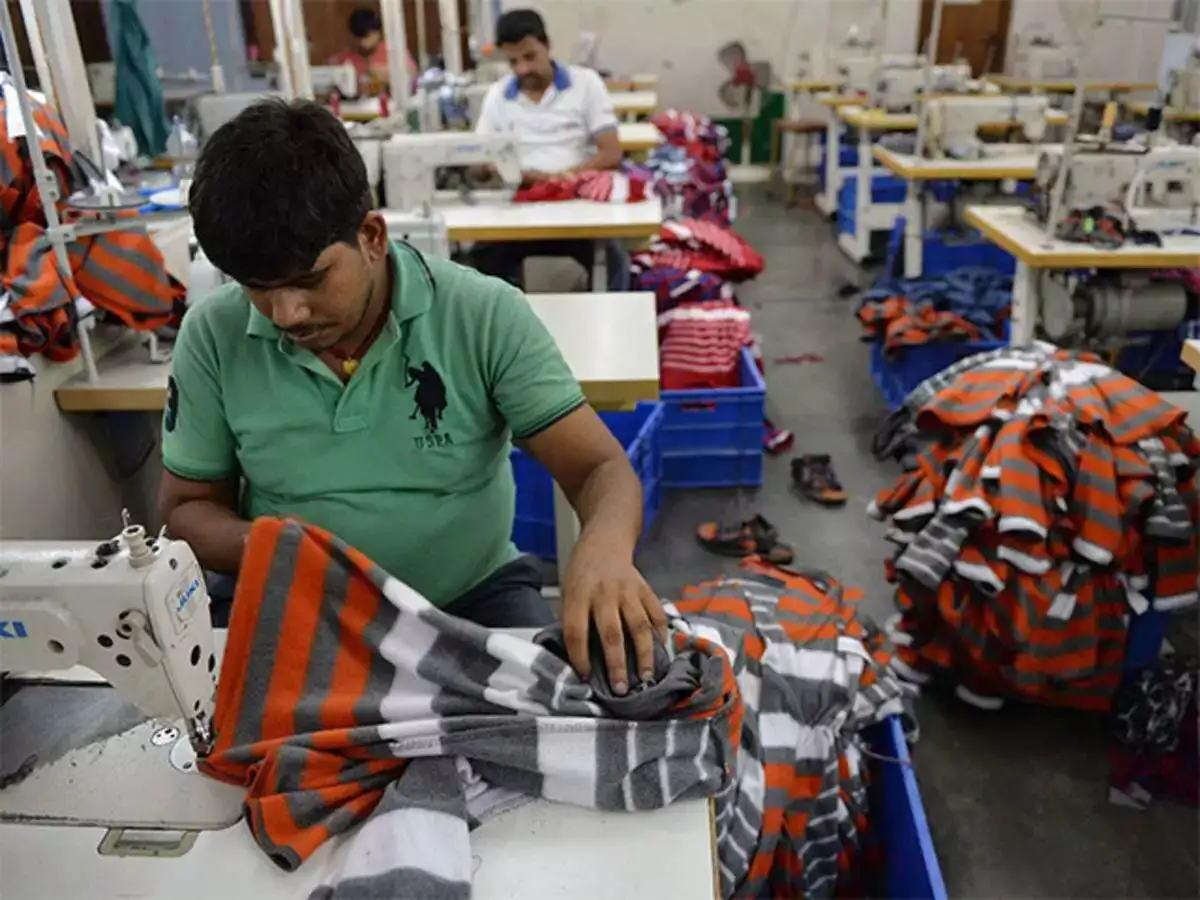

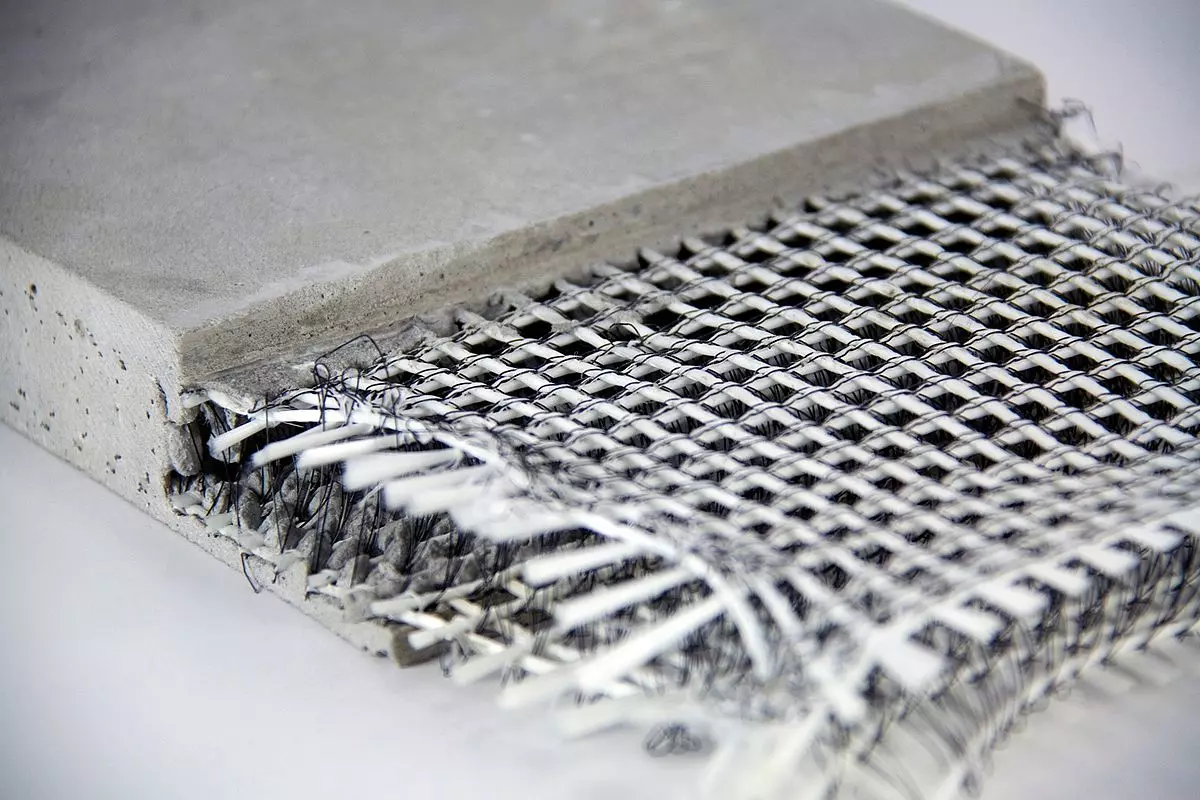

















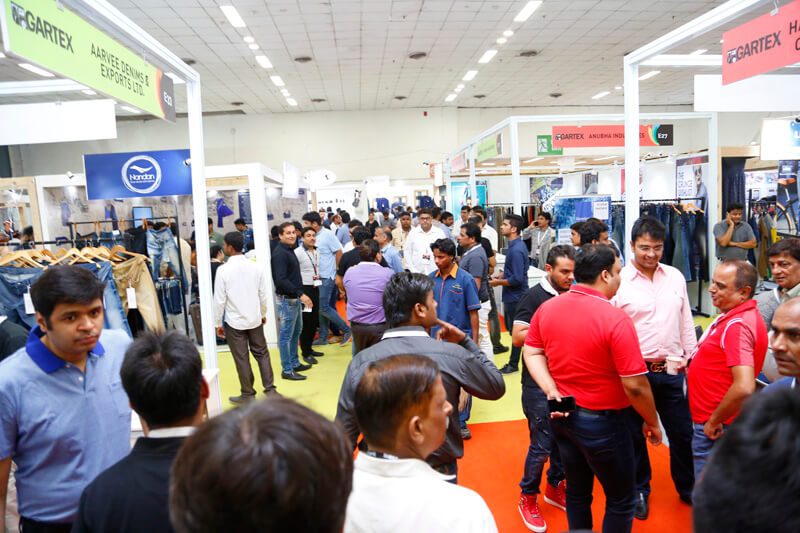
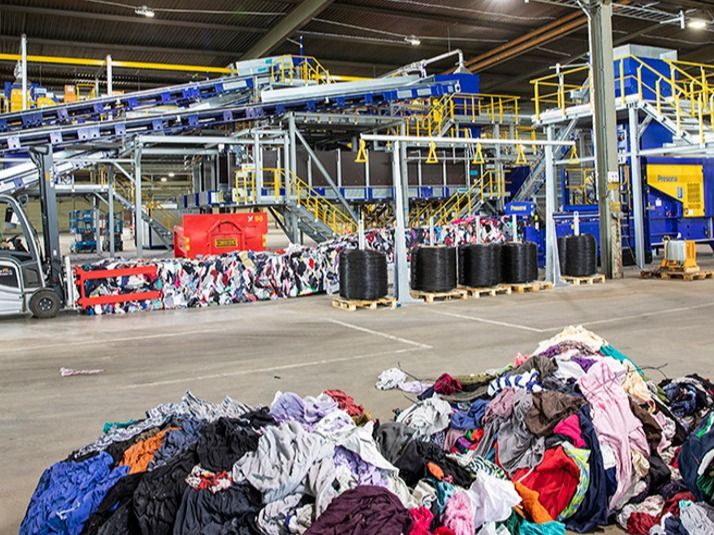



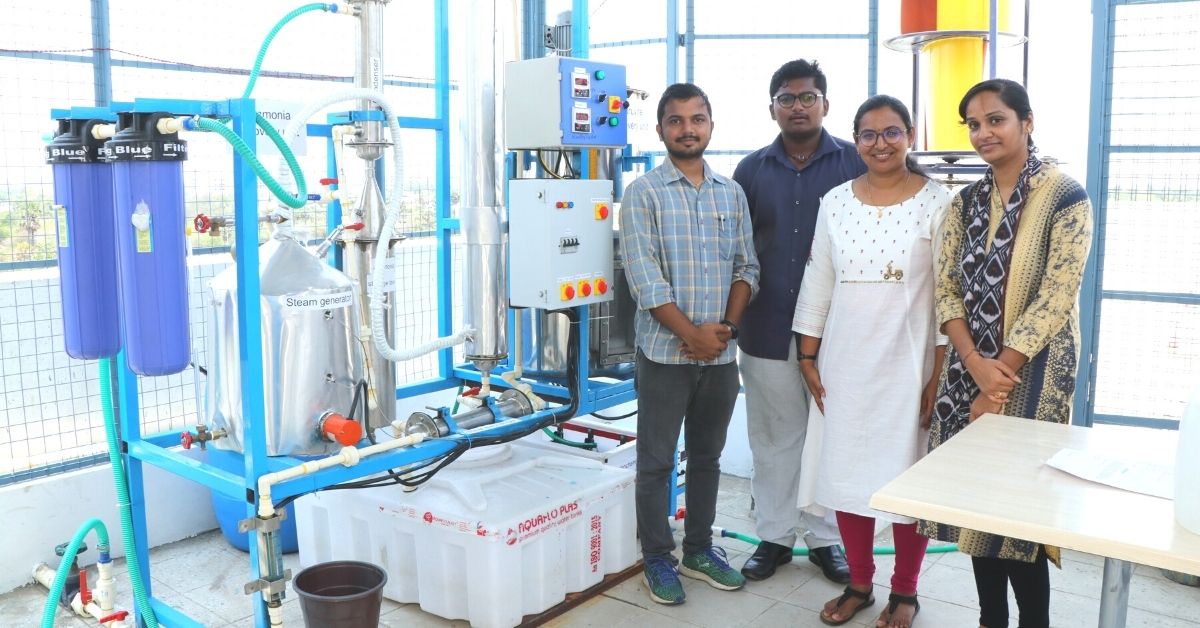


















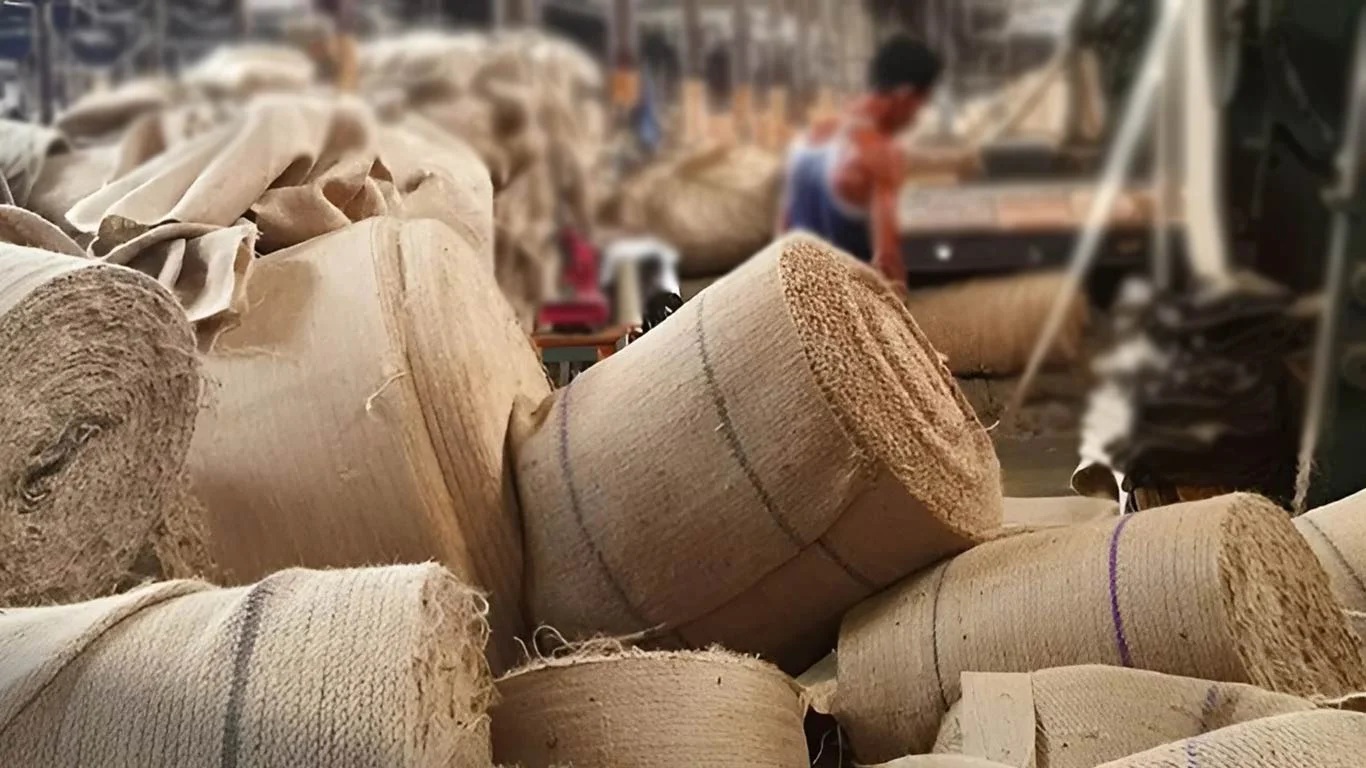


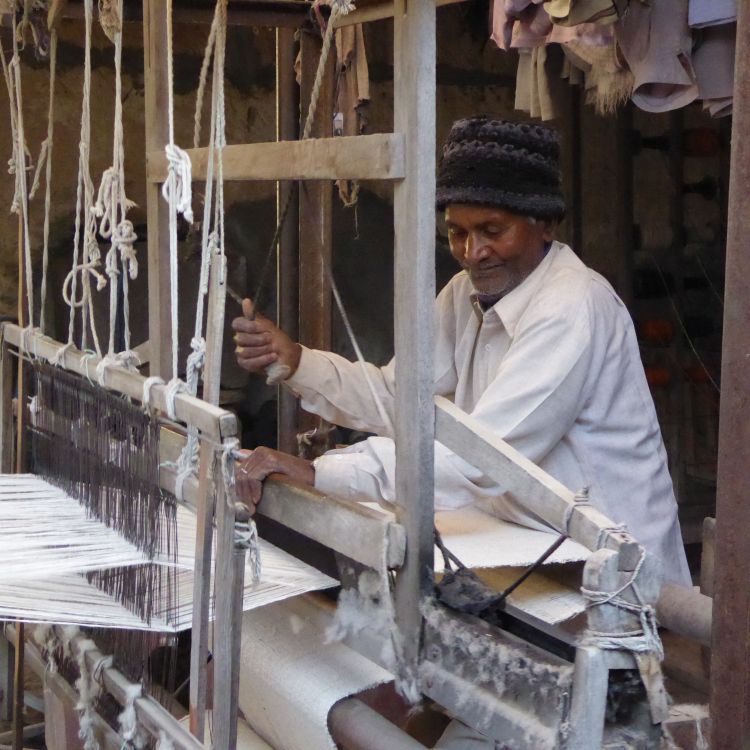

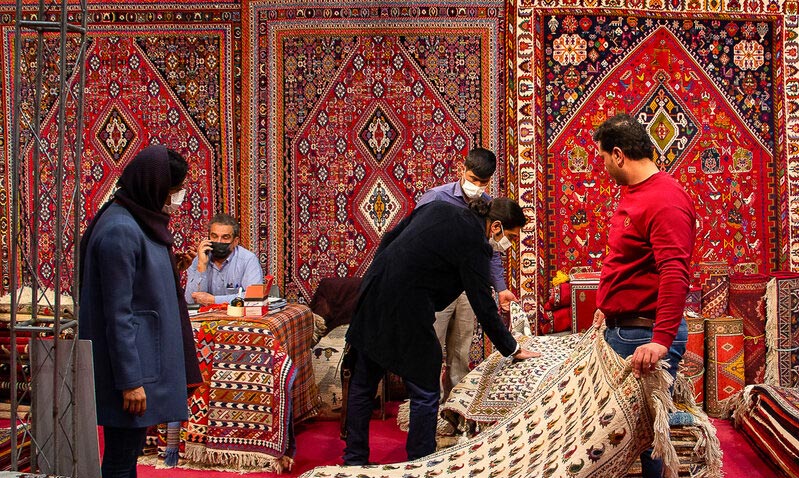














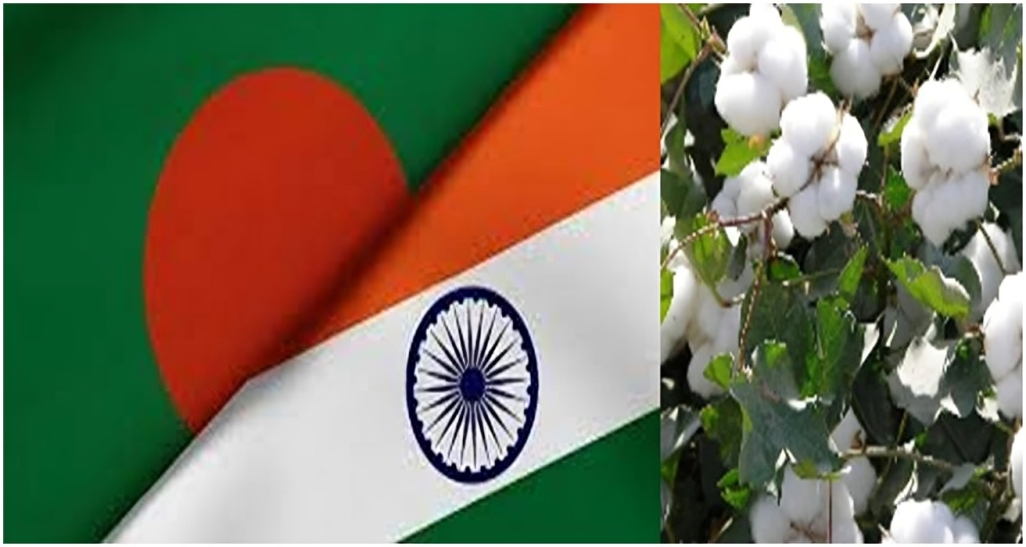
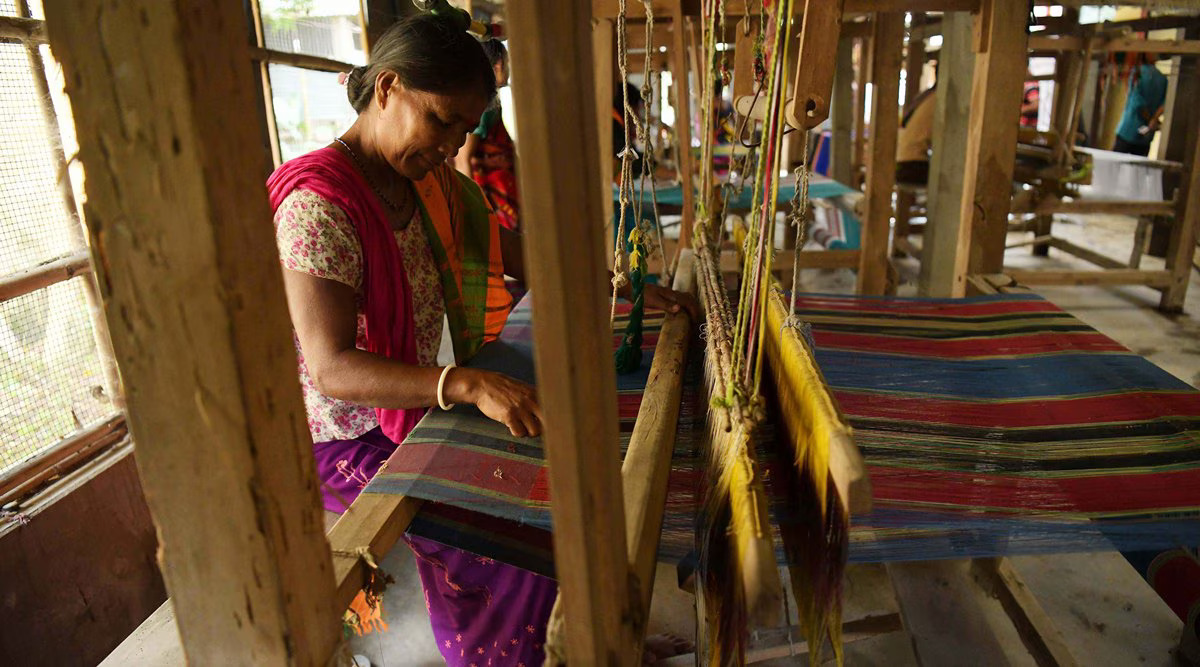



















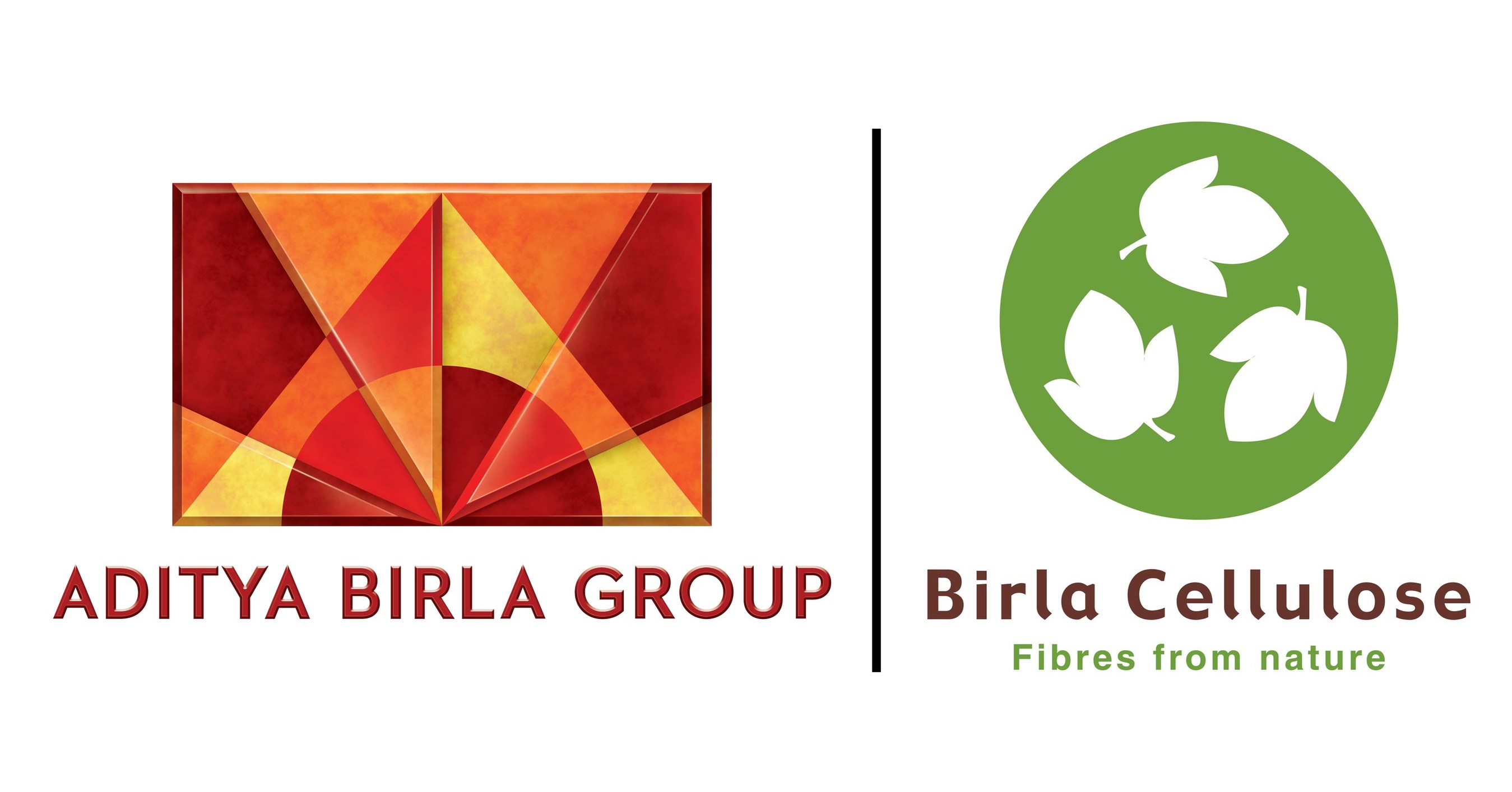






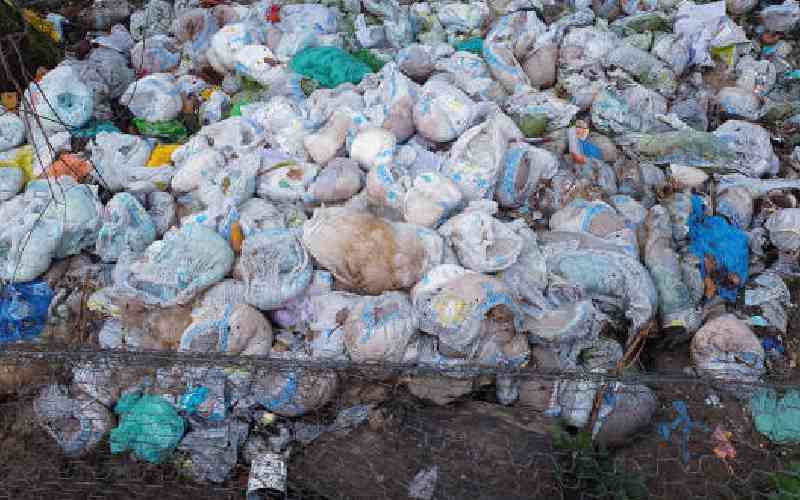











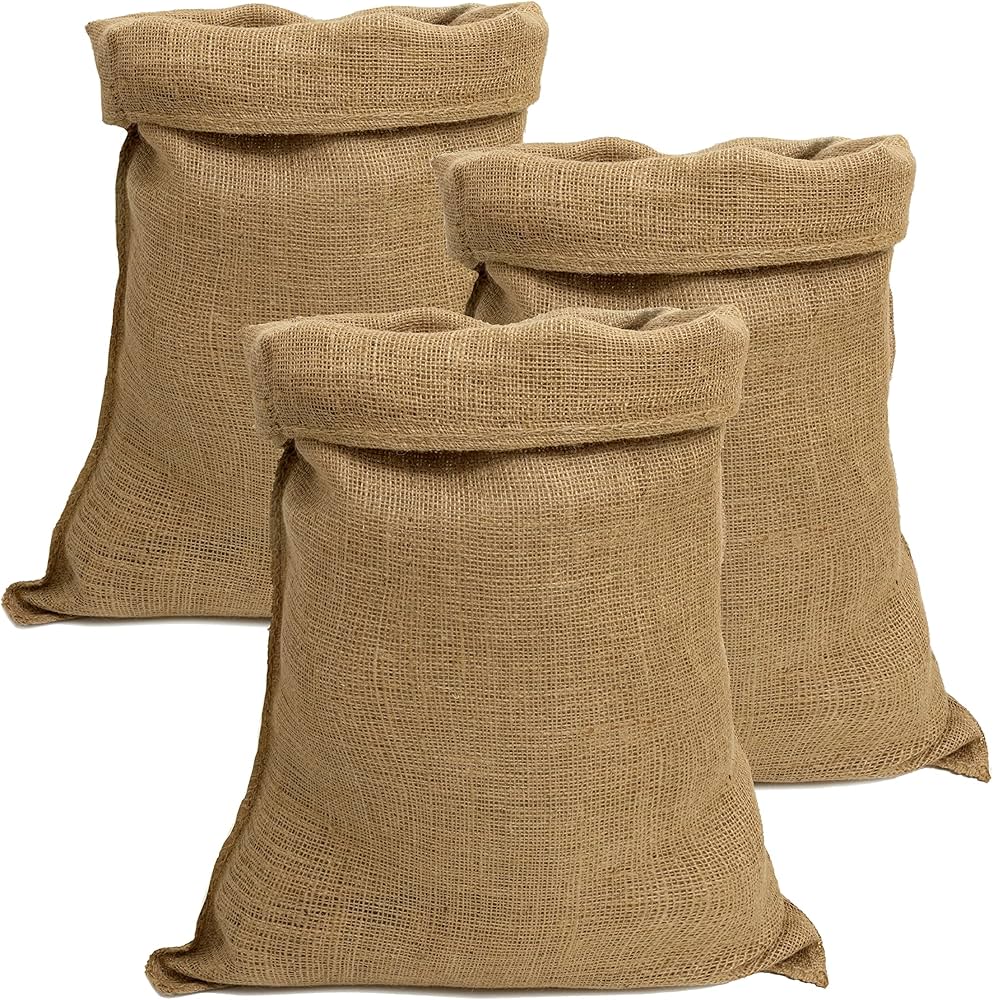
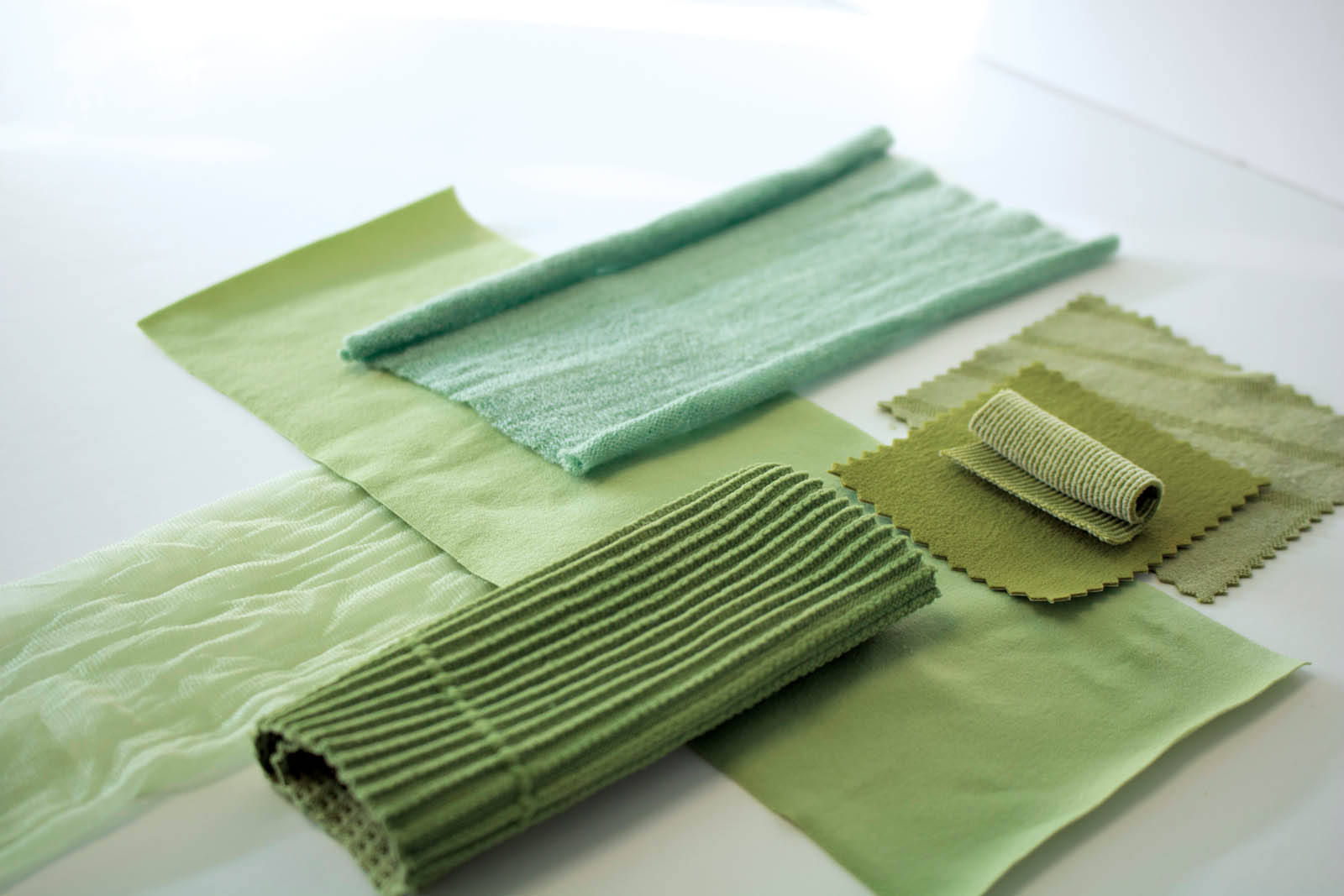









.png)




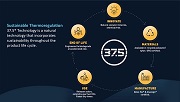






.jpg)
.jpg)
.jpg)











1.jpeg)